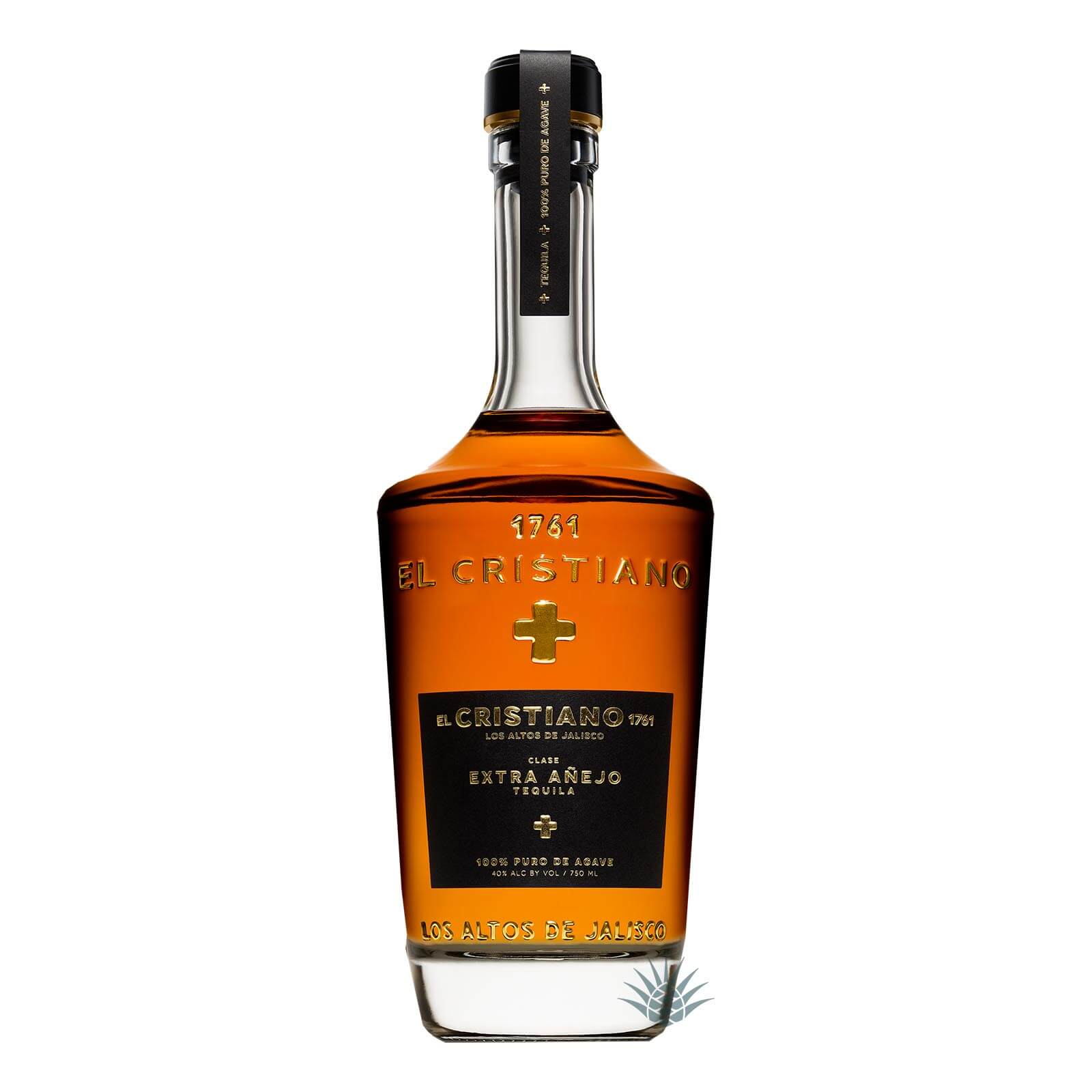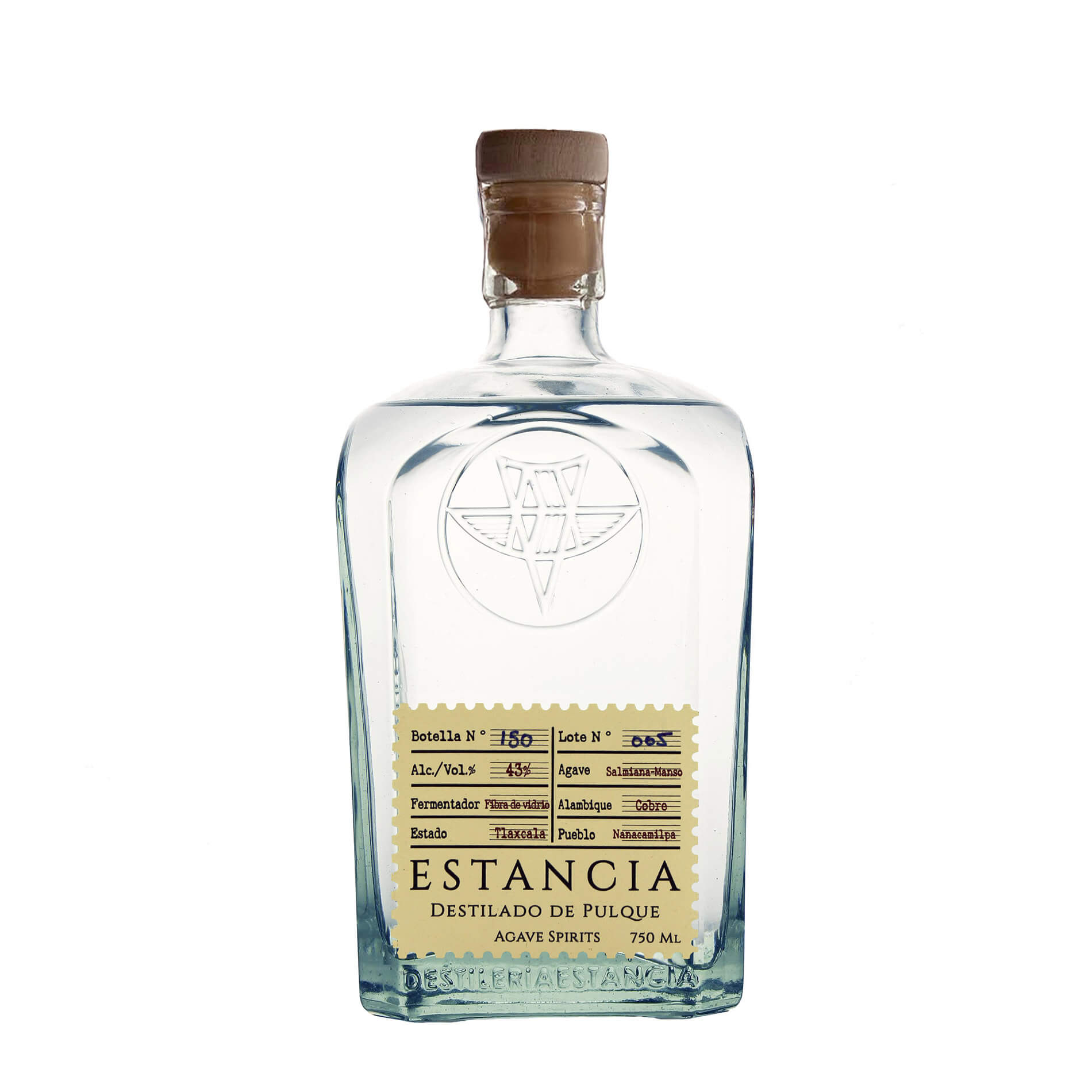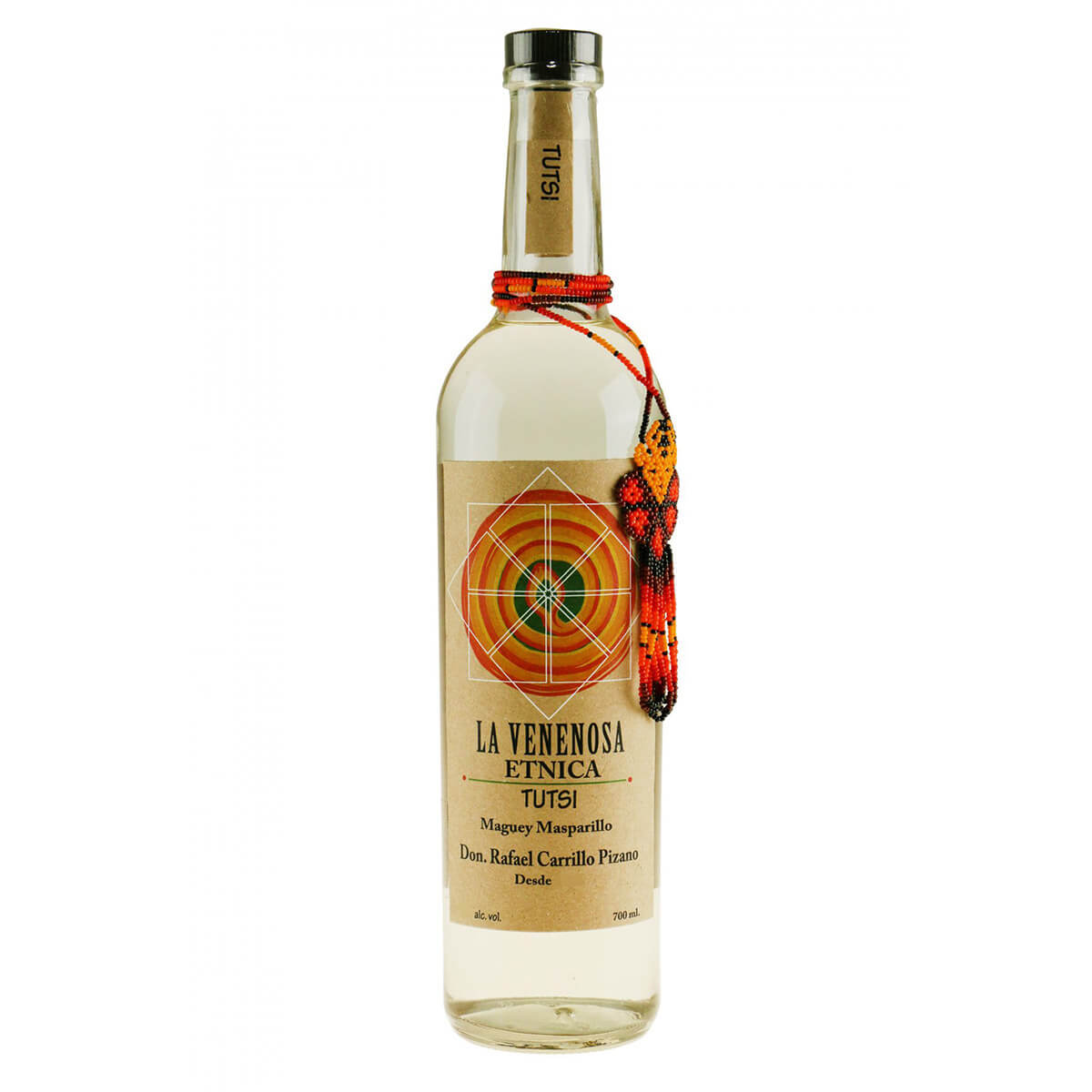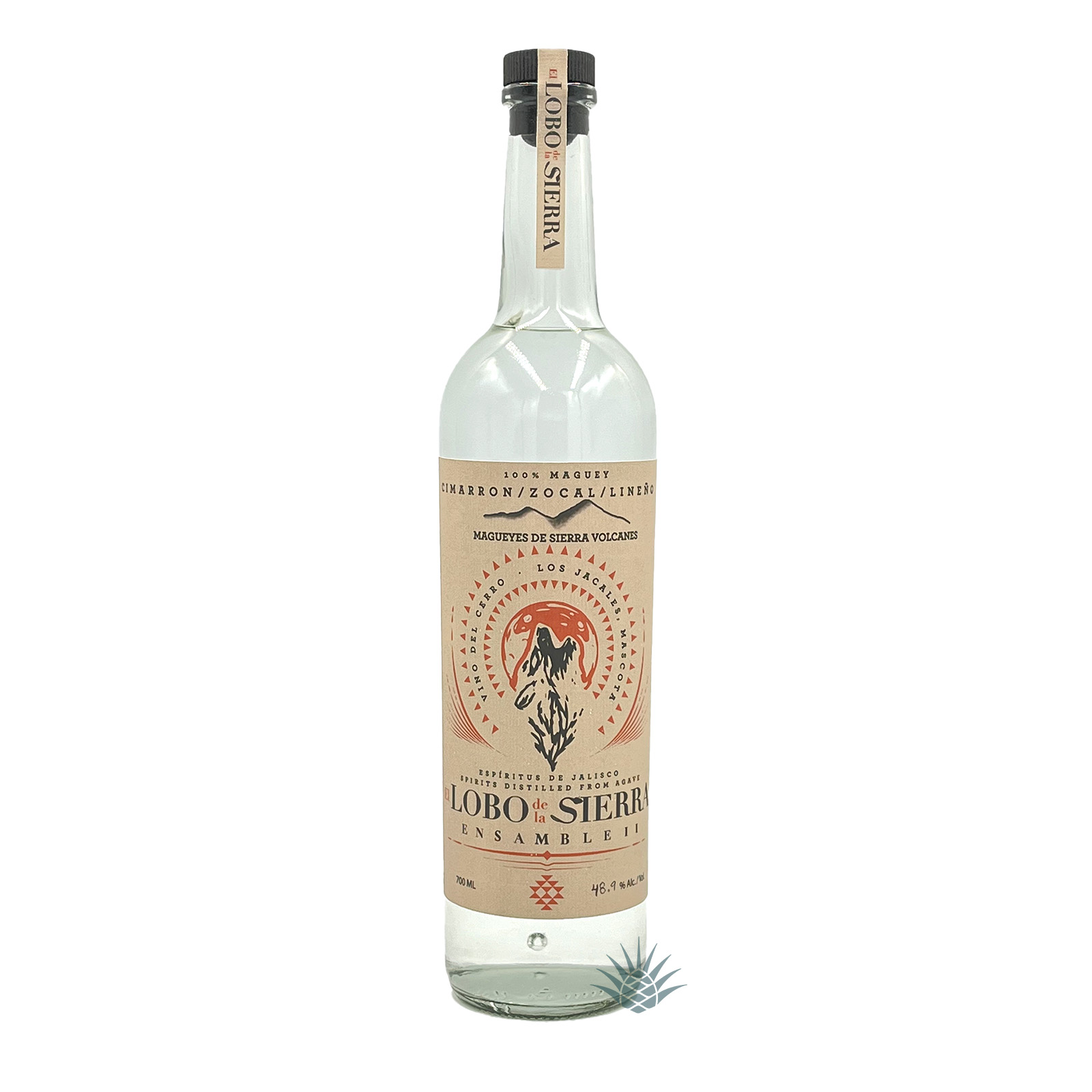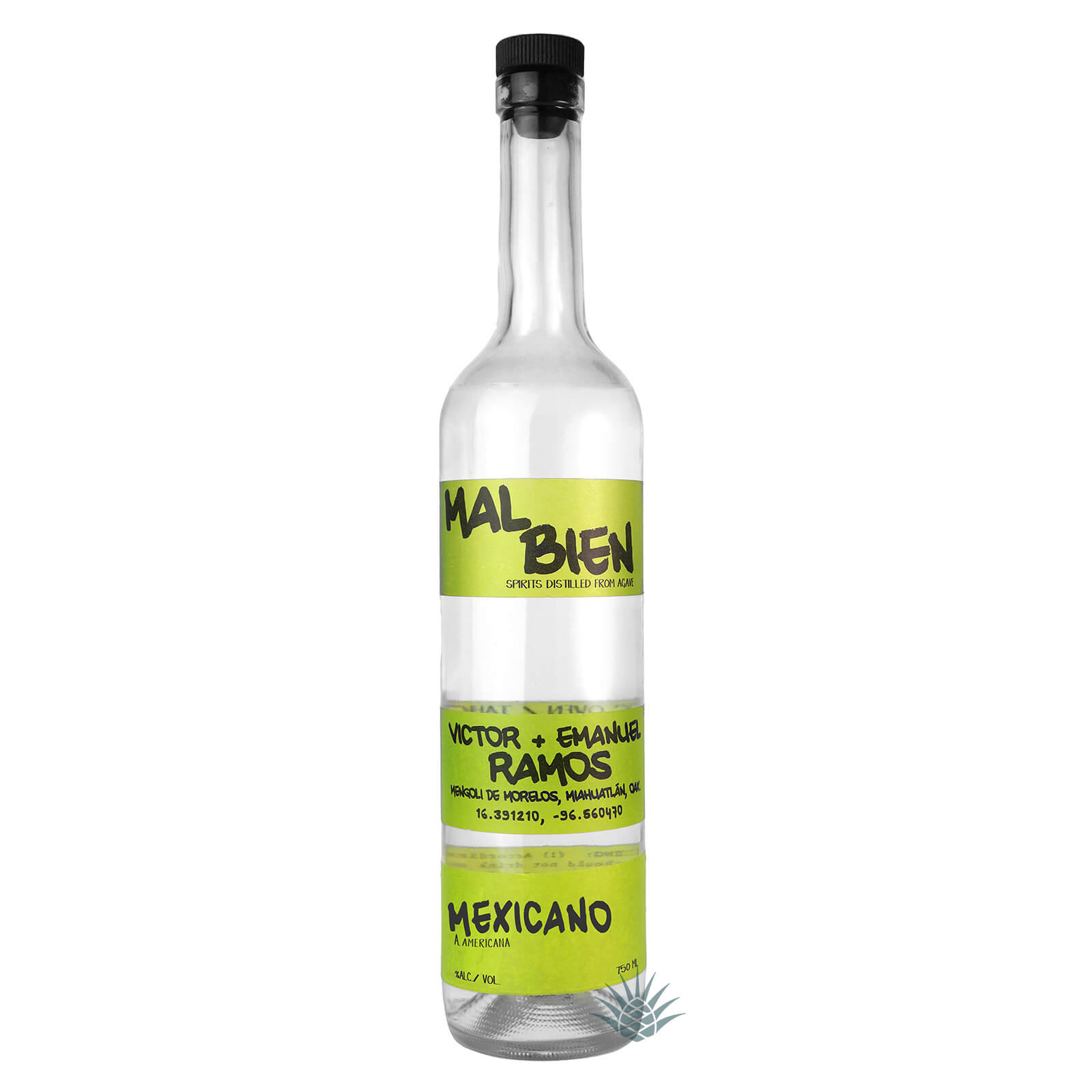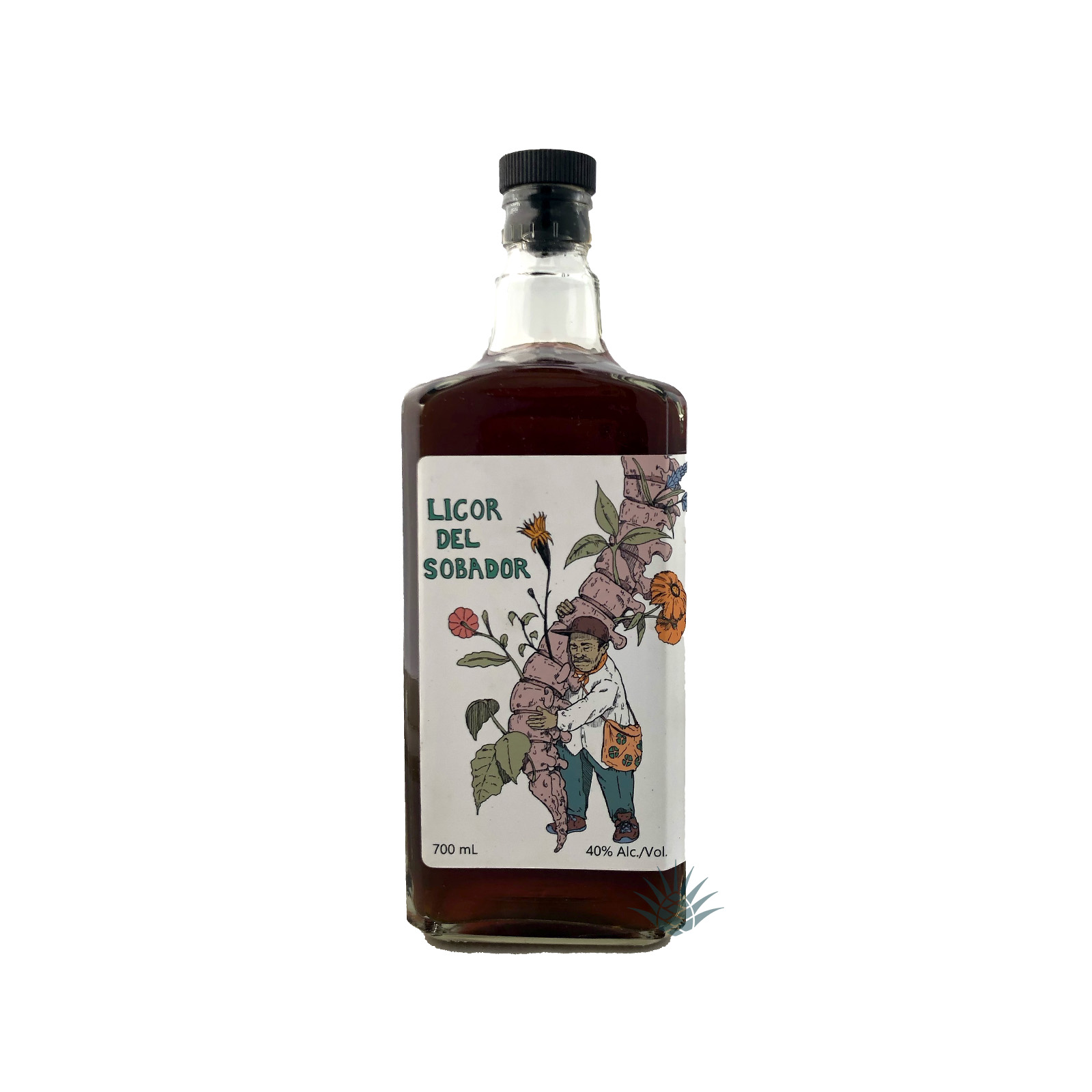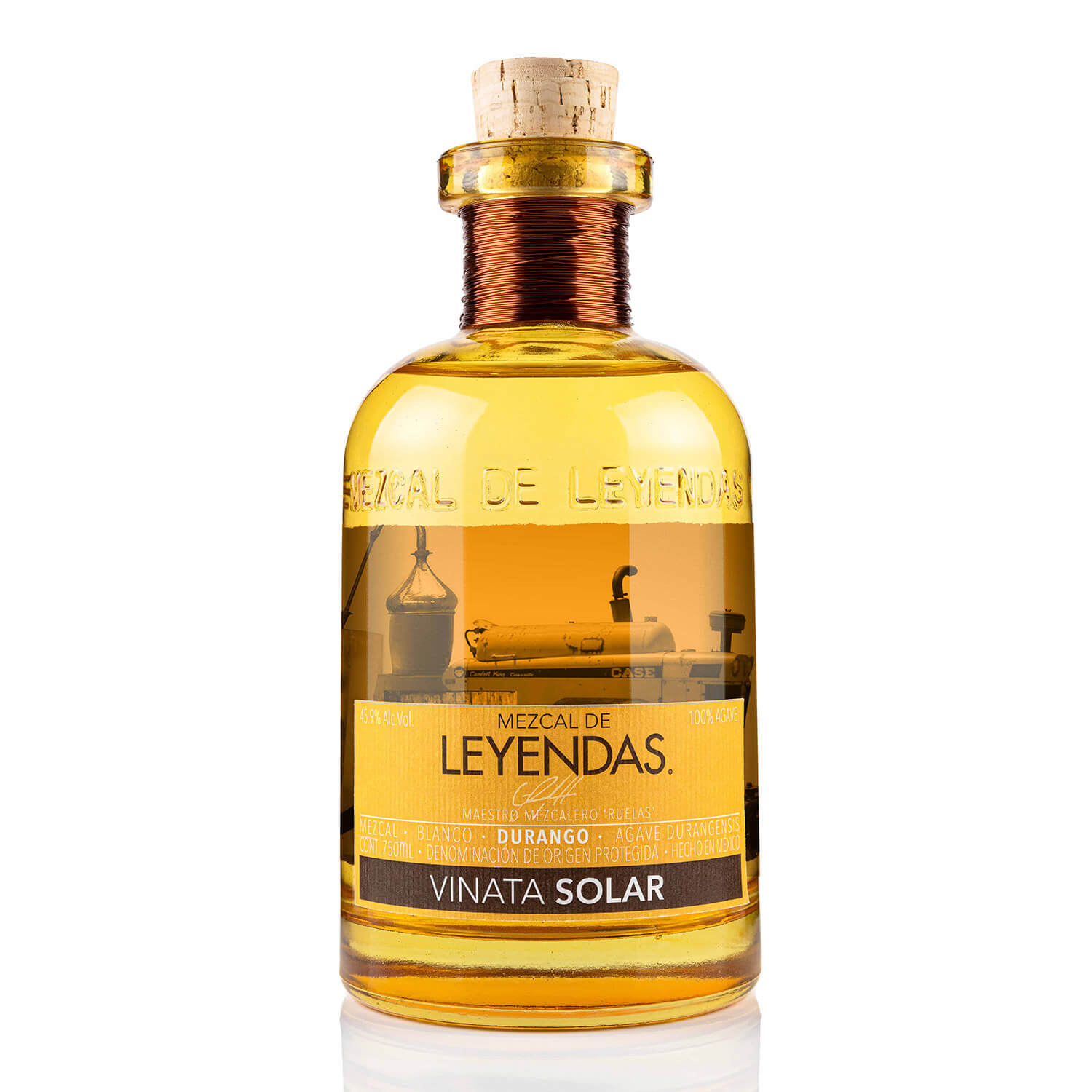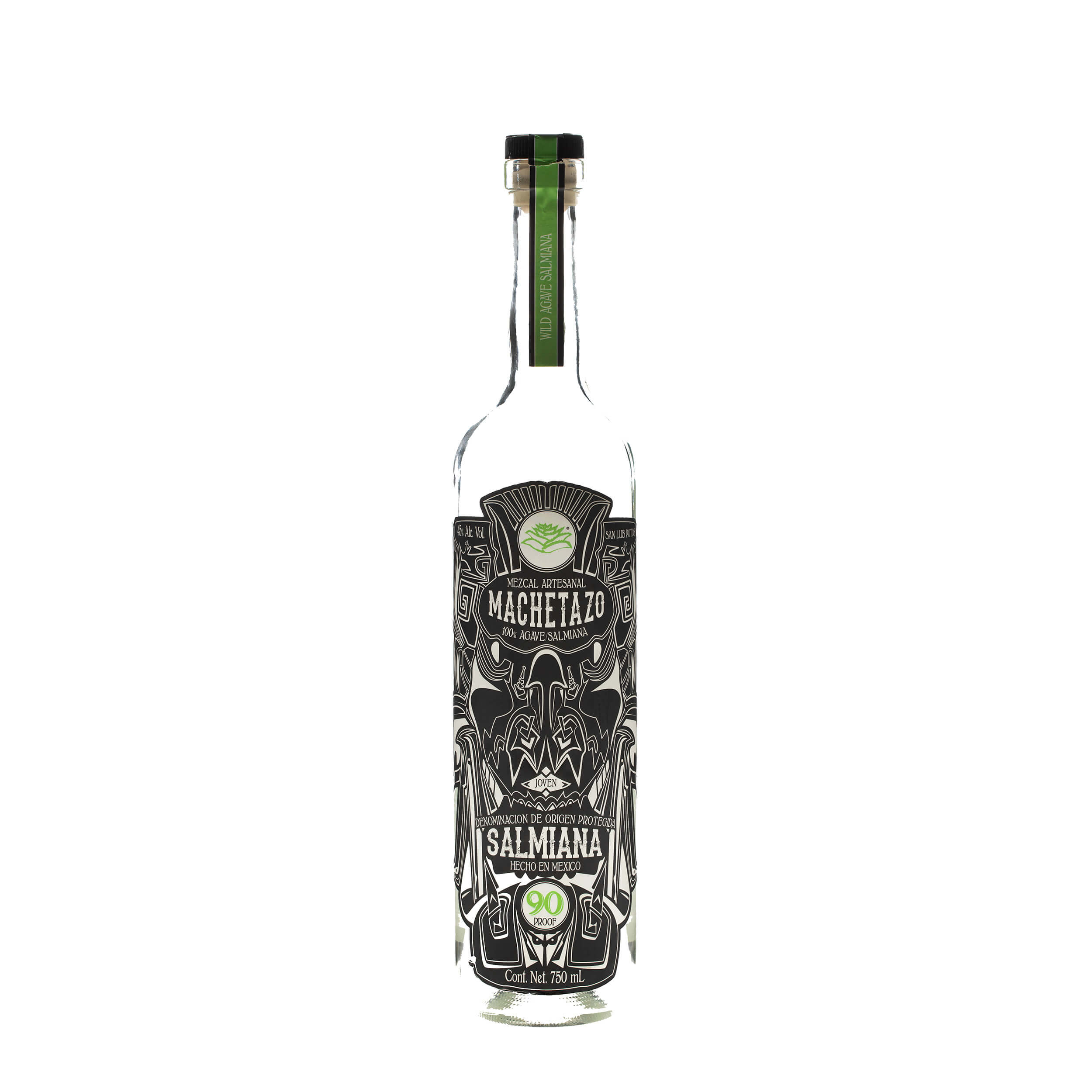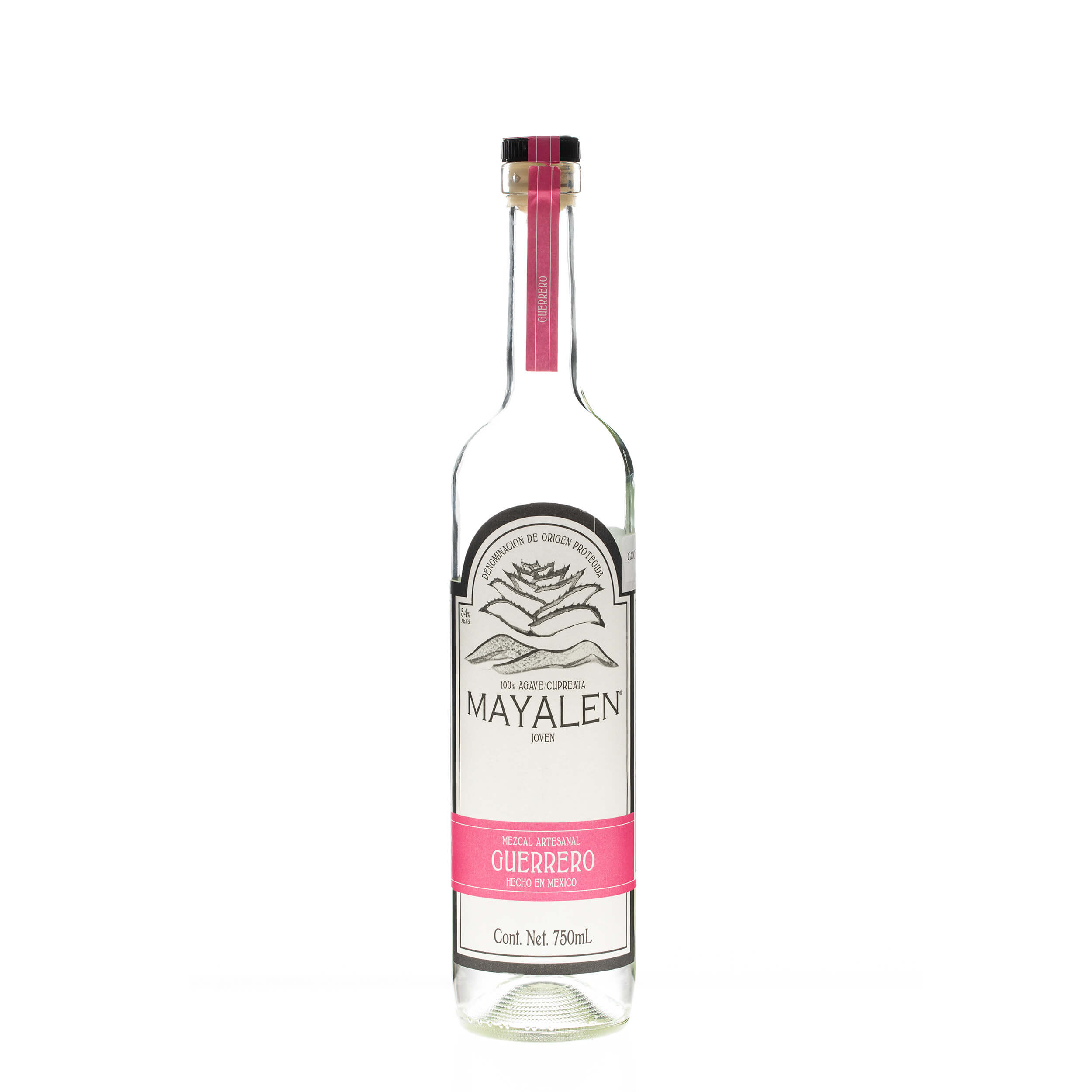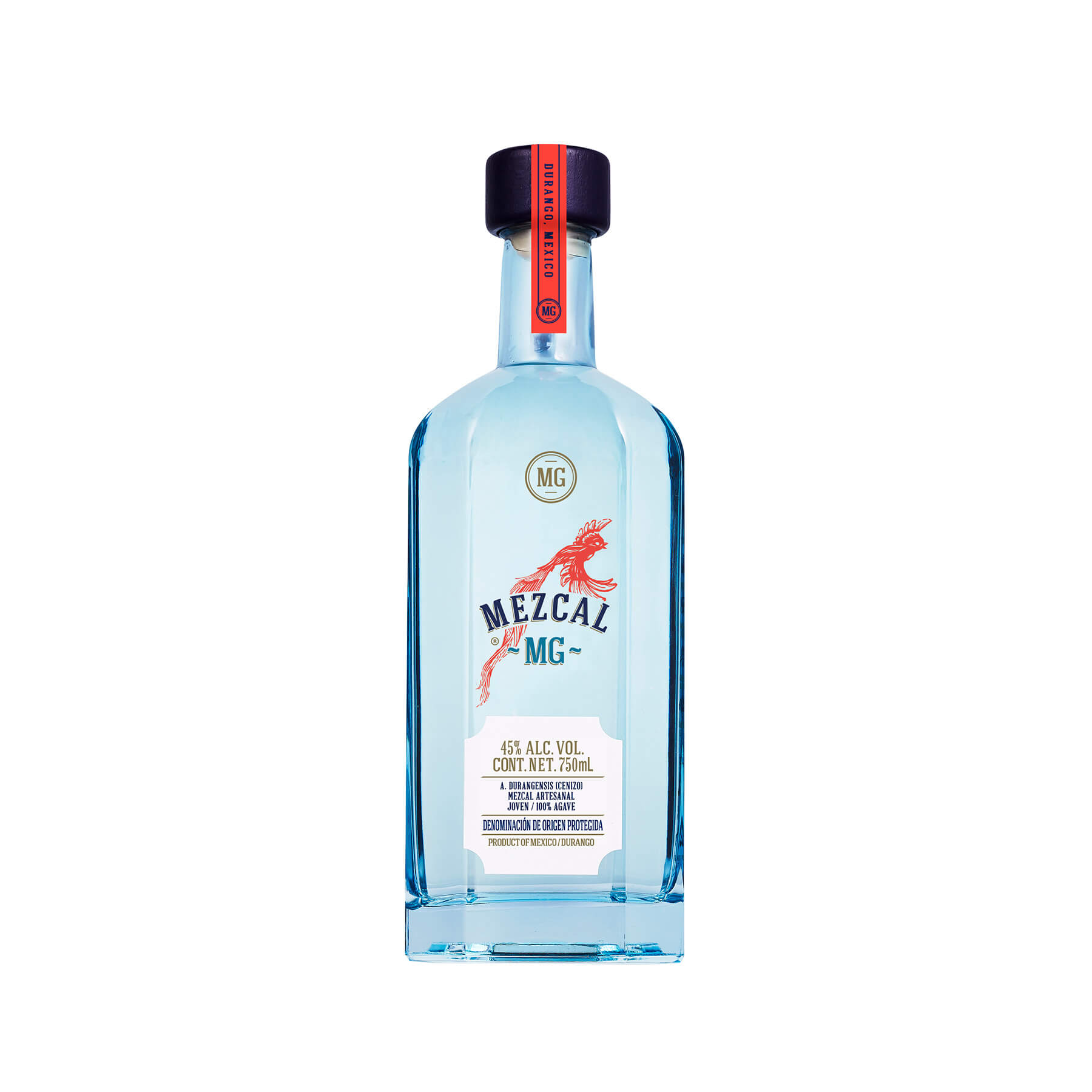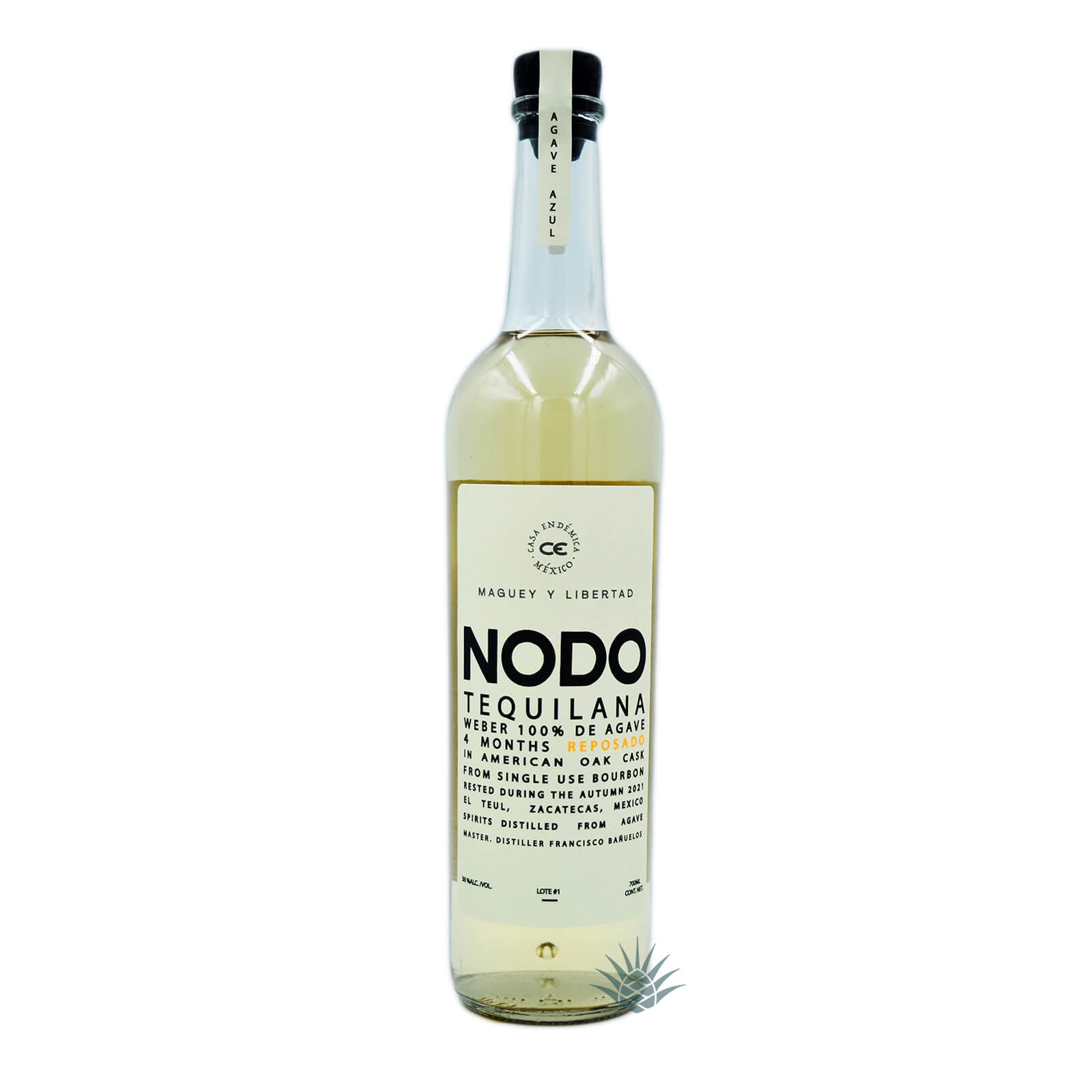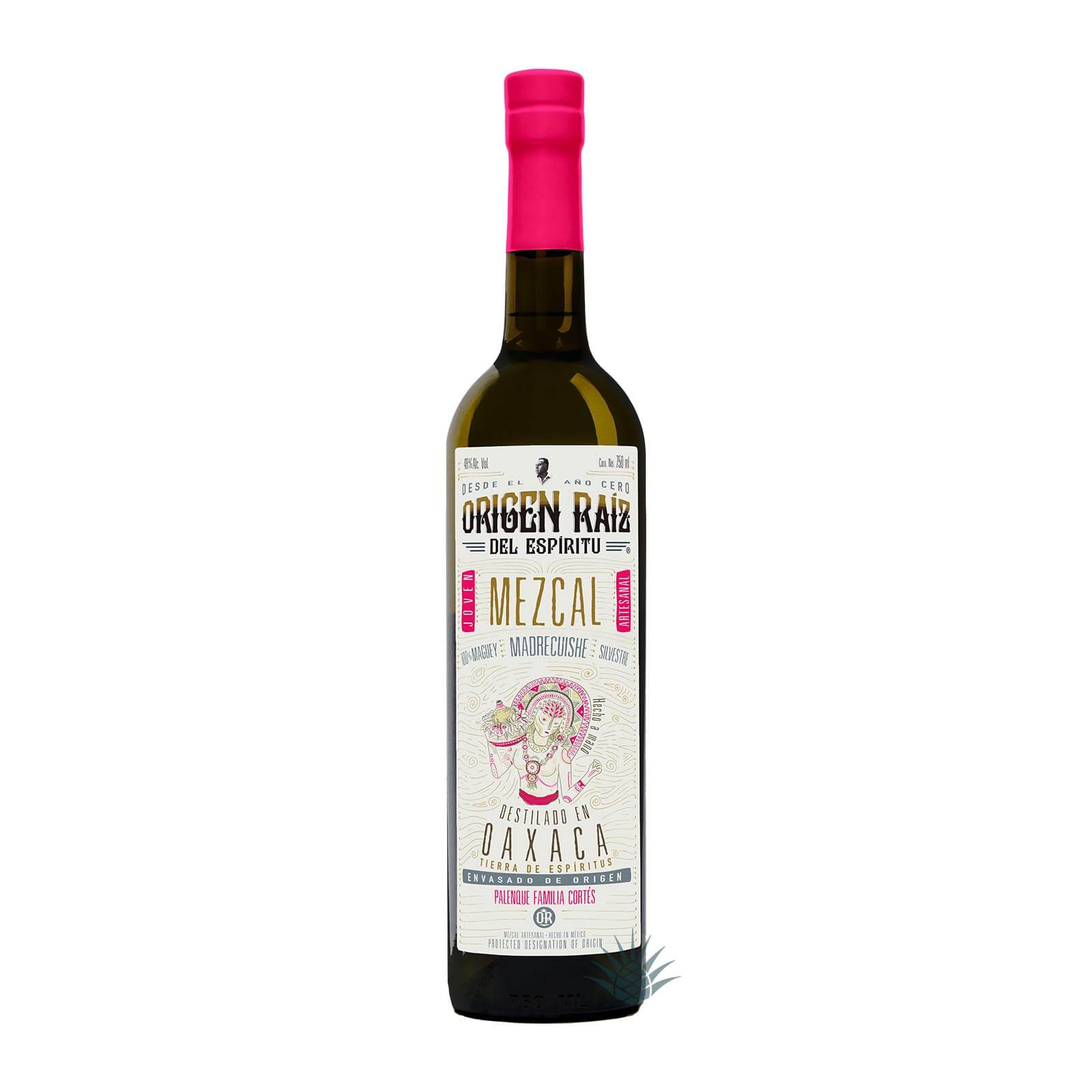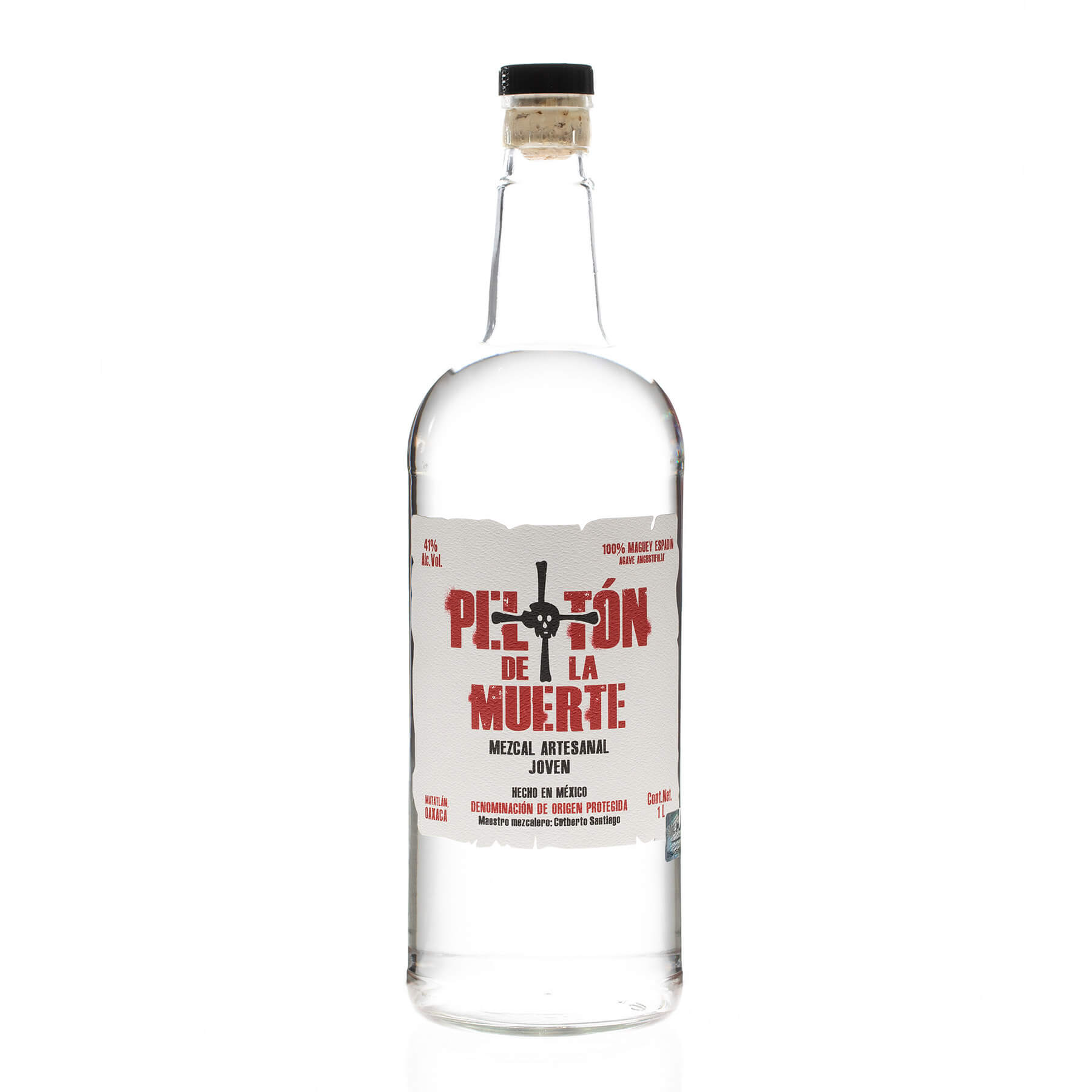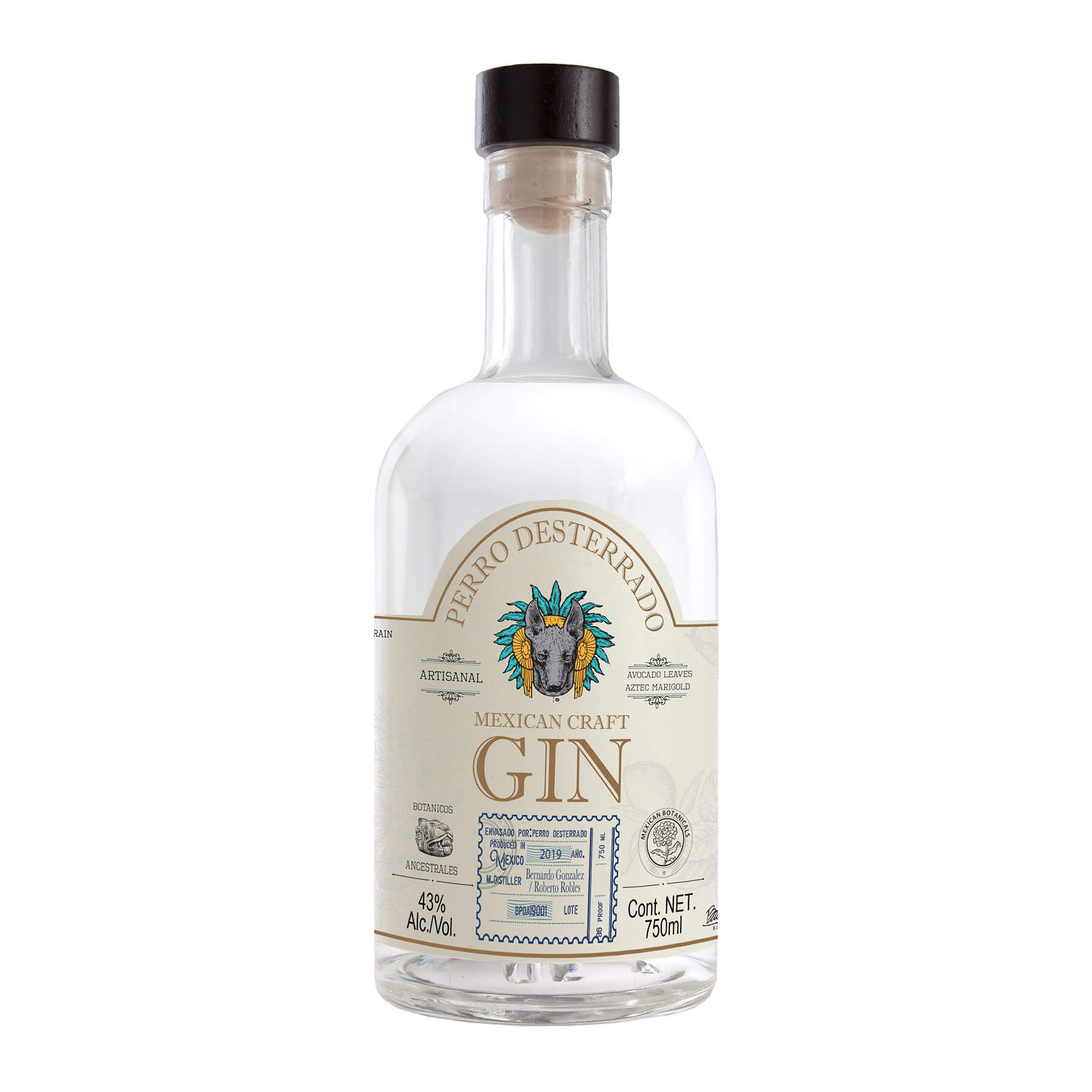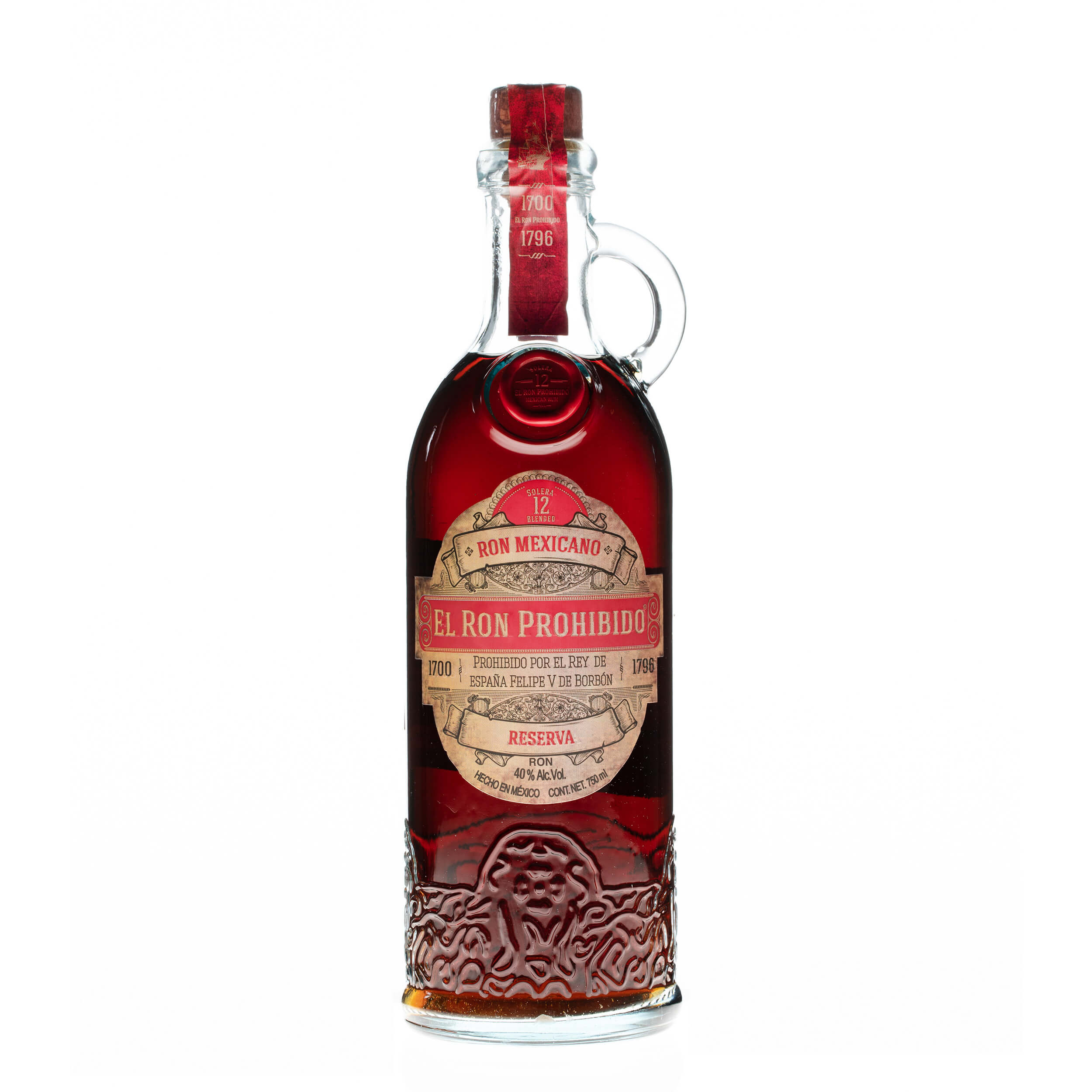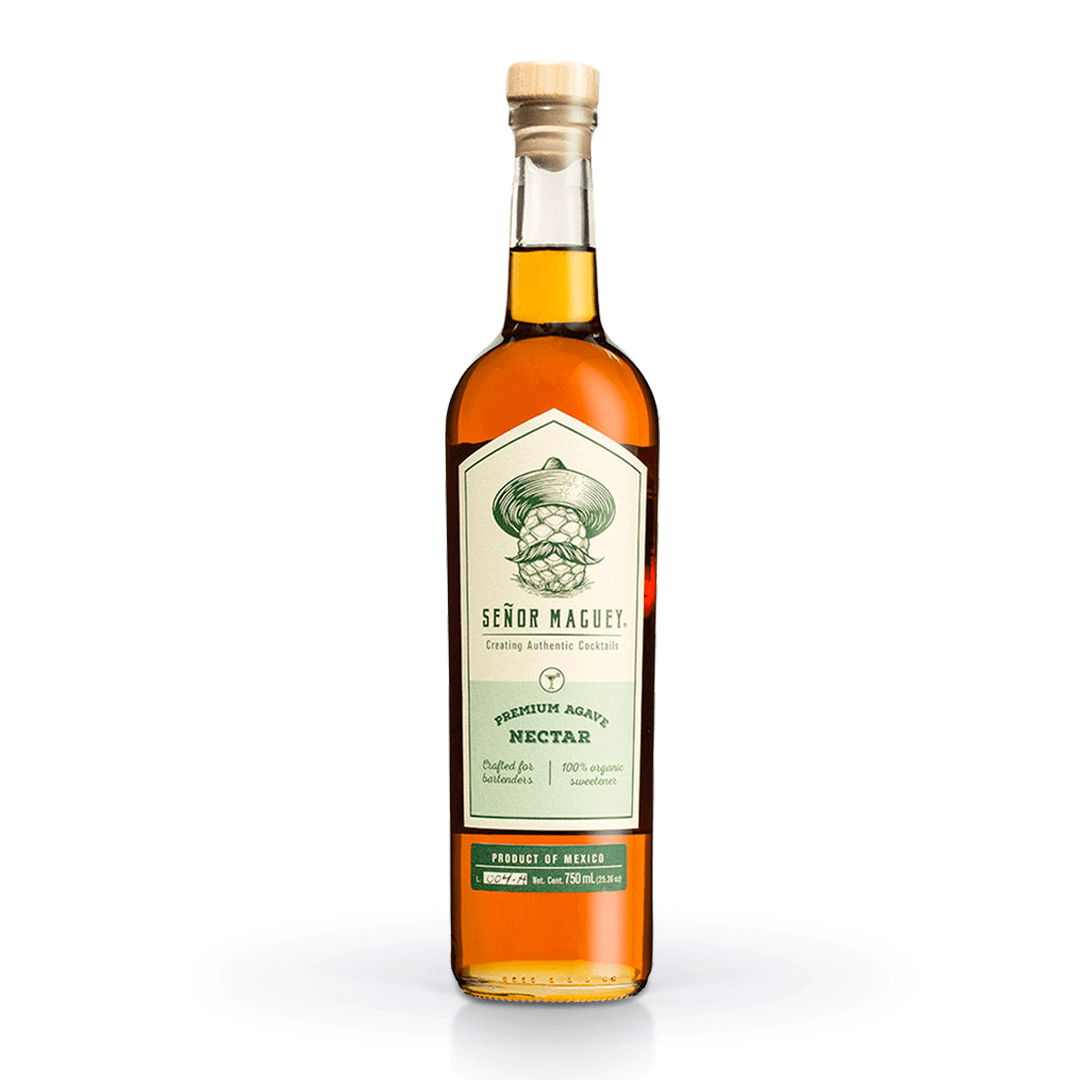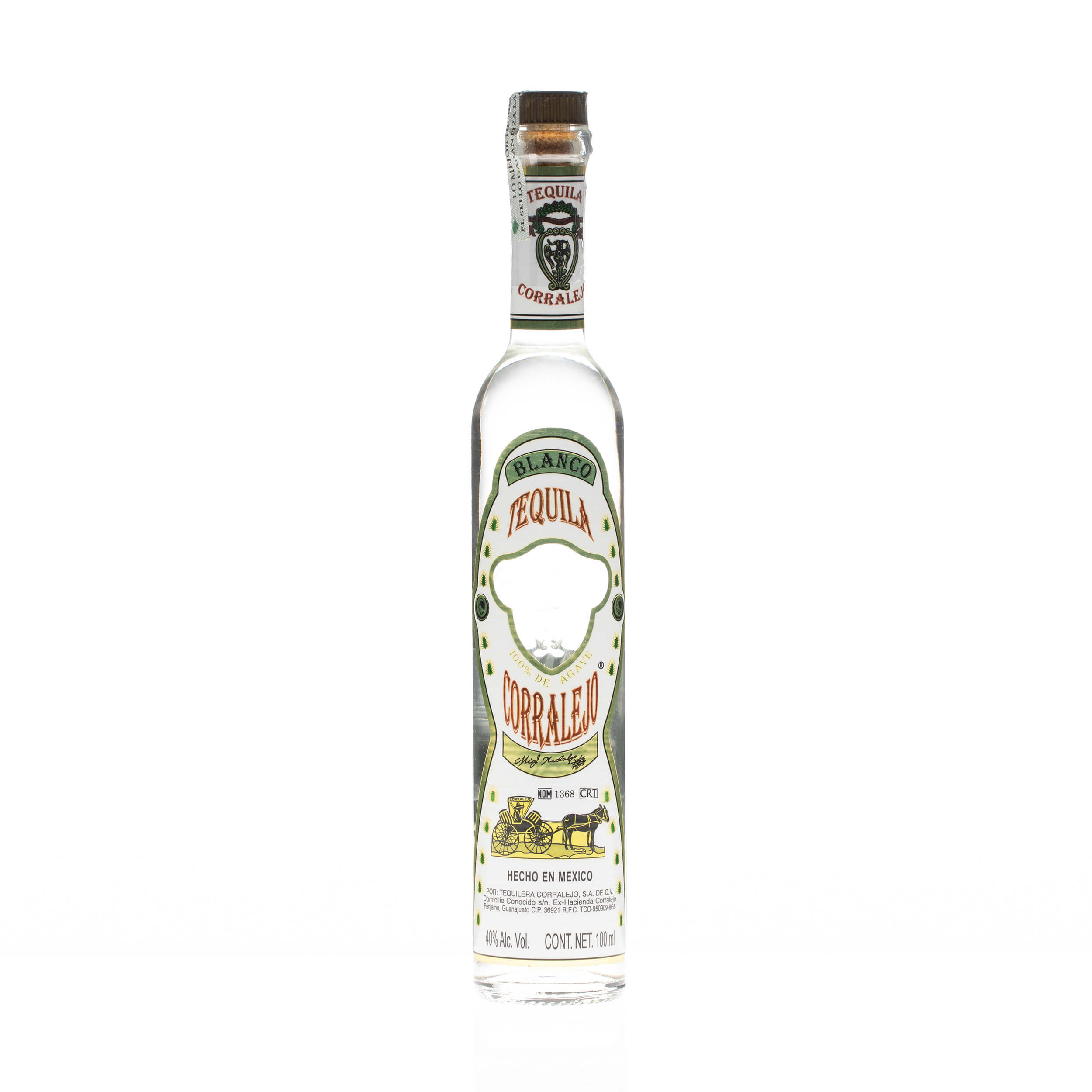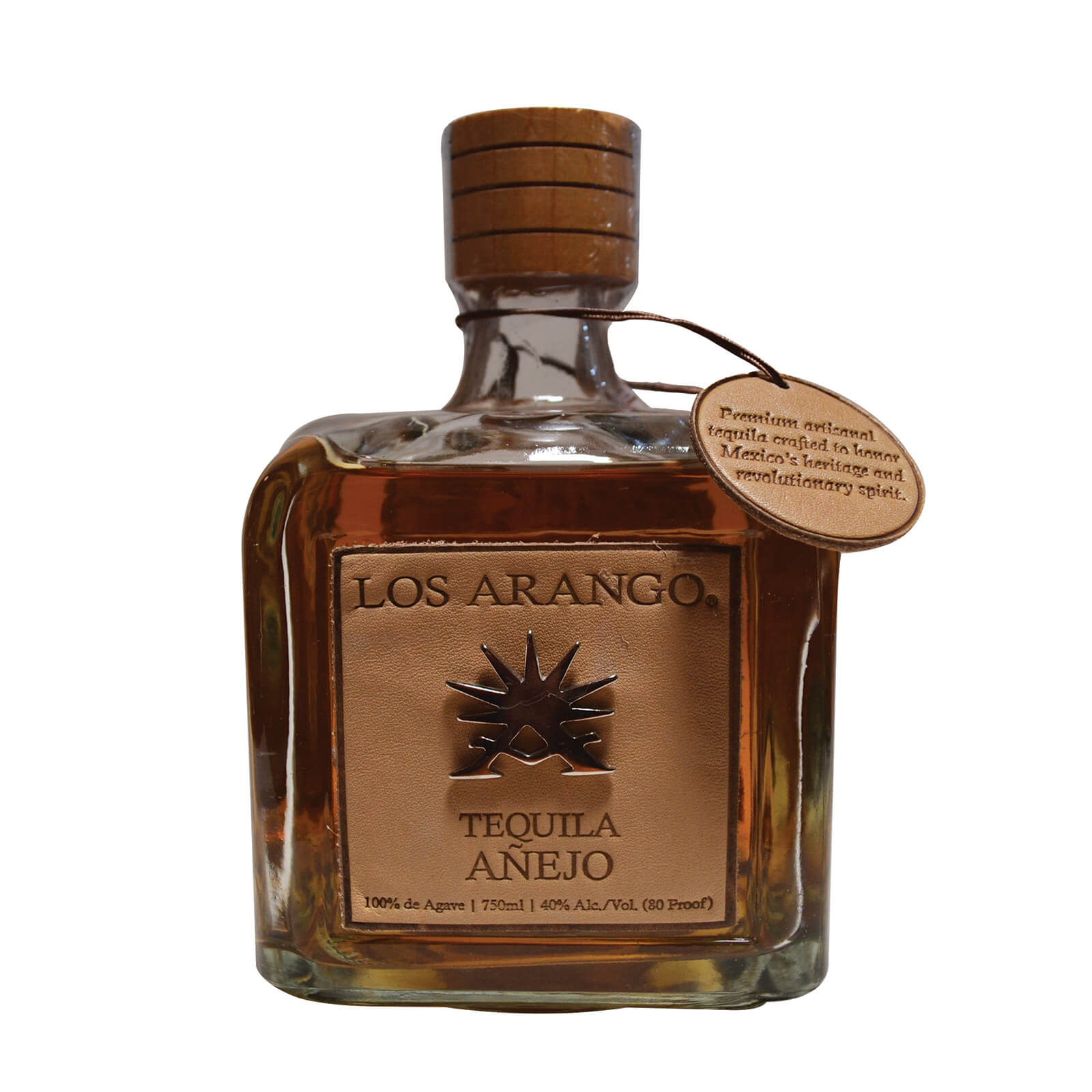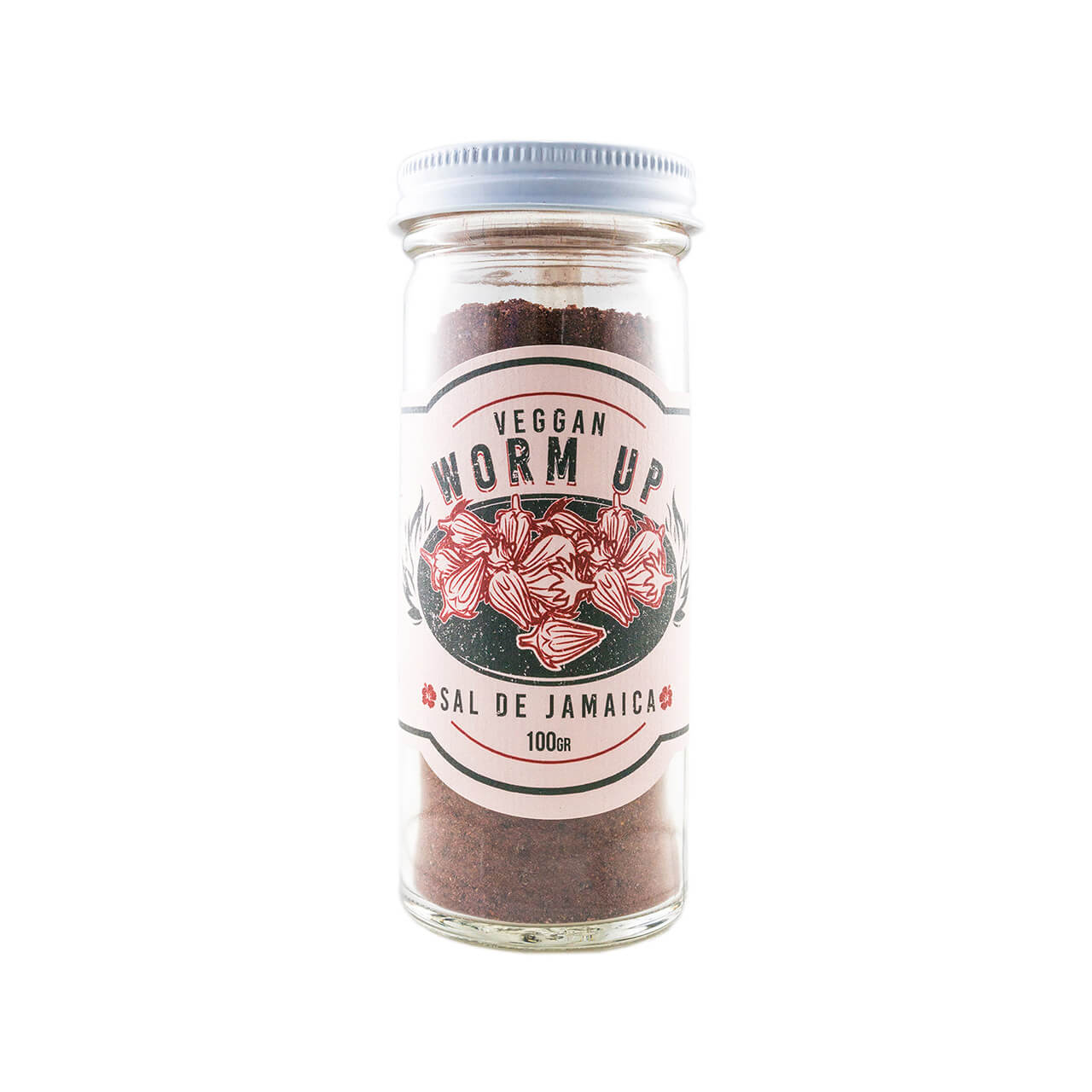Sotol, often called "Desert Spoon," is a distinctive Mexican spirit made from the Dasylirion plant. It's indigenous to the arid regions of northern Mexico, particularly Chihuahua, Durango, and Coahuila. While it shares some similarities with Mezcal and Tequila, Sotol has its own distinct characteristics.
Dasylirion Plant and Terroir
Sotol is produced from various species of Dasylirion plants, primarily Dasylirion wheeleri. The specific species and the region where they grow significantly impact the flavour profile of the Sotol. The terroir, including the soil, climate, and altitude, plays a crucial role in shaping the taste.
Traditional Production Techniques
Sotol production involves harvesting the mature Dasylirion plant, removing the leaves to reveal the piña (core), and roasting it to extract the juices. The roasted piñas are then crushed, fermented, and distilled. Traditional methods, such as underground pit roasting and copper pot still distillation, are often employed.
Sotol's flavor profile is diverse, with earthy, herbal, and sometimes vegetal notes. The specific varietal of Dasylirion and the production methods used contribute to the unique taste of each Sotol expression.
Similar to Mezcal and Tequila, Sotol is available in various styles. These include joven (un-aged), reposado (aged briefly), and añejo (aged longer). Each style offers a distinct tasting experience, with ageing often adding complexity and depth.
Sotol's versatile flavour profile makes it a suitable choice for cocktails. Mixologists are increasingly experimenting with Sotol in various concoctions, from classic cocktails to innovative and creative drinks.
Sotol's Regional Diversity
Sotol production spans multiple states in northern Mexico, and each region contributes its unique touch to the spirit. From the harsh deserts of Chihuahua to the high-altitude plateaus of Durango, Sotol showcases the diversity of Mexican landscapes.
Sustainability and Artisanal Practices
Many Sotol producers prioritise sustainable practices, including responsible harvesting of Dasylirion plants, conservation of natural resources, and supporting local communities. Artisanal production methods also highlight the dedication of Sotol producers to preserving tradition.
Cultural and Historical Significance
Sotol holds cultural and historical significance in the regions where it's produced. It has been part of local traditions and ceremonies for centuries, and understanding this context adds depth to the appreciation of the spirit.
Exploration and Education
Sotol invites enthusiasts to explore a relatively undiscovered corner of the spirits world. Learning about the different varietals, regional influences, and the production process enhances the appreciation of Sotol's unique heritage.
As with all spirits, responsible consumption of Sotol is essential. Savouring its flavours and respecting its cultural significance contribute to a meaningful and enjoyable experience.



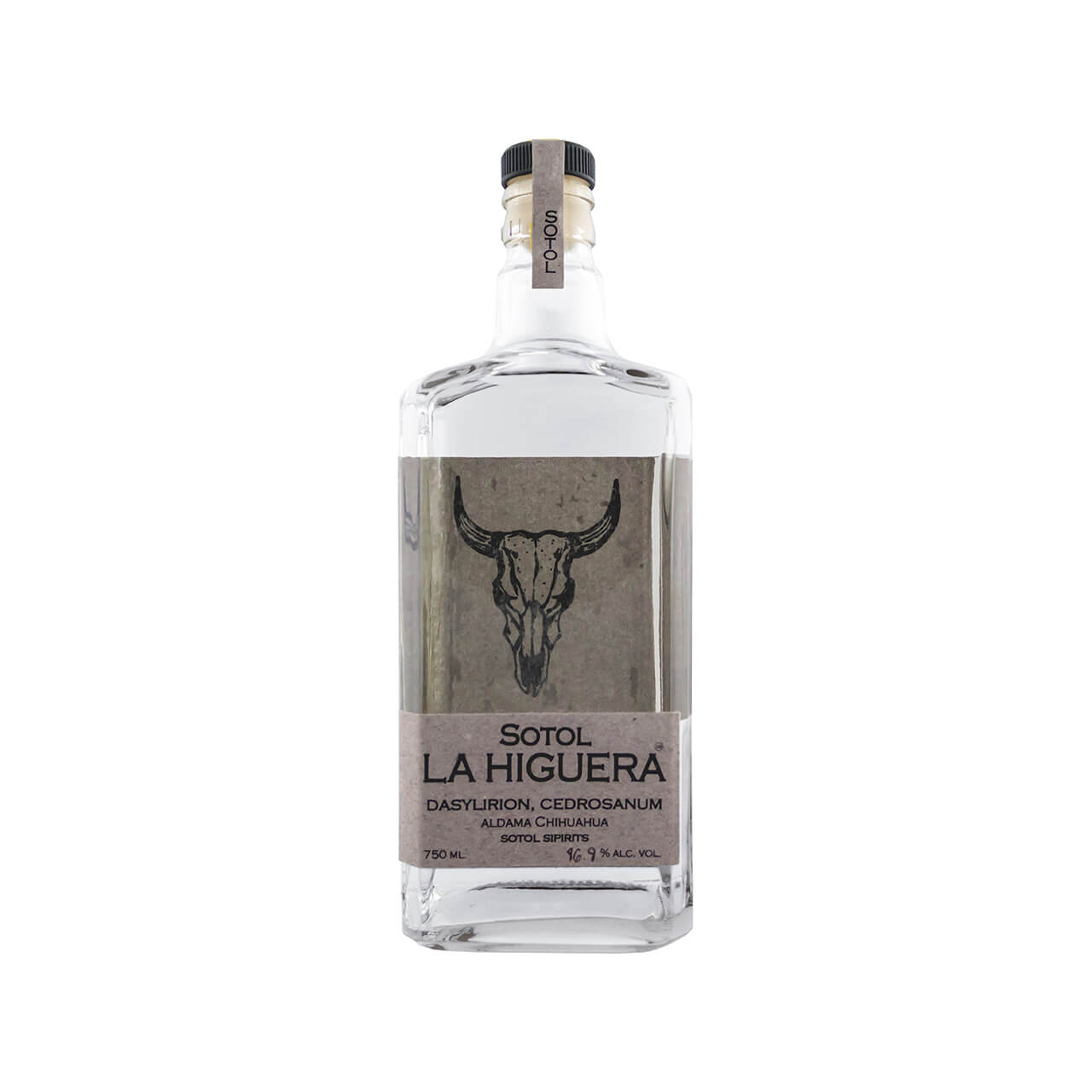
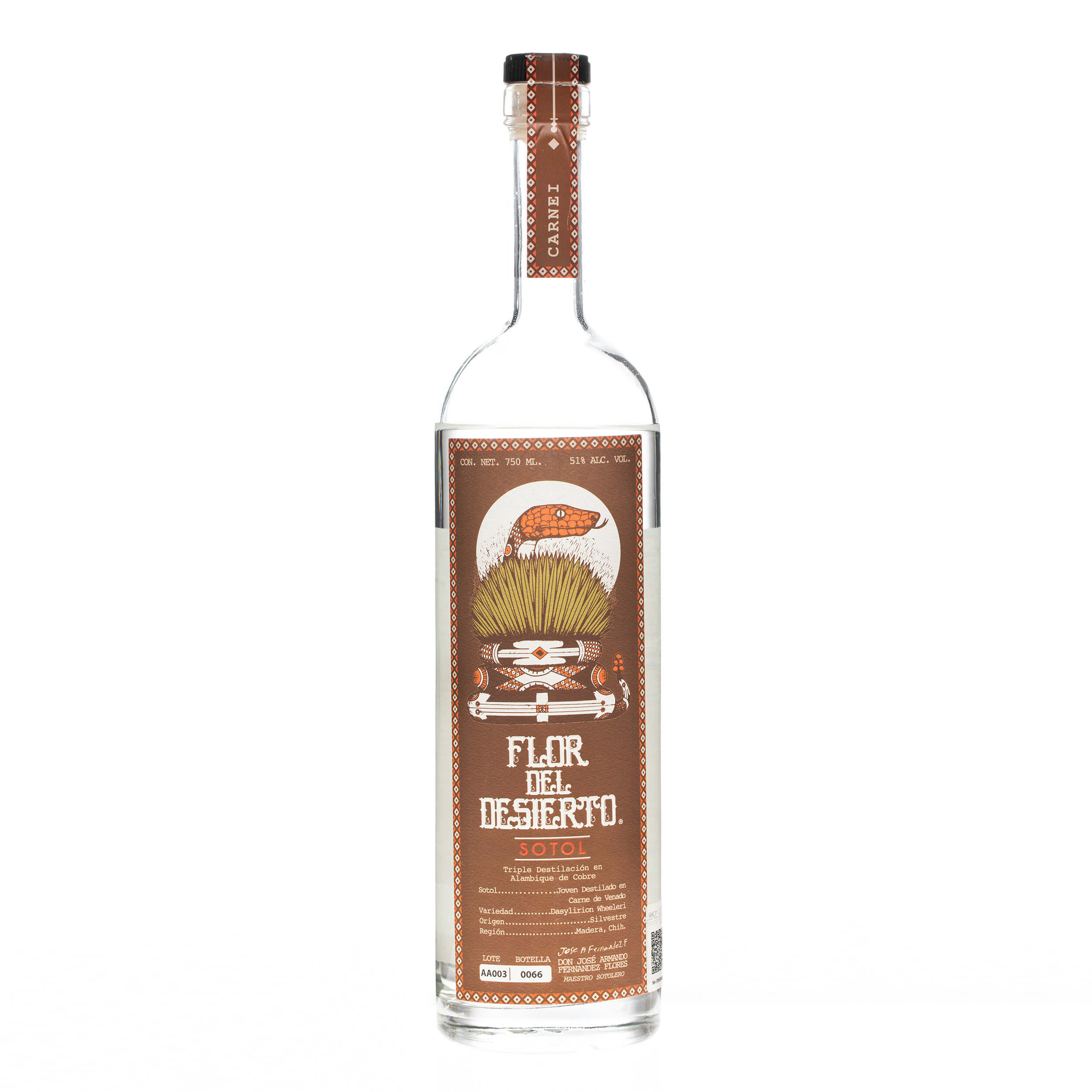
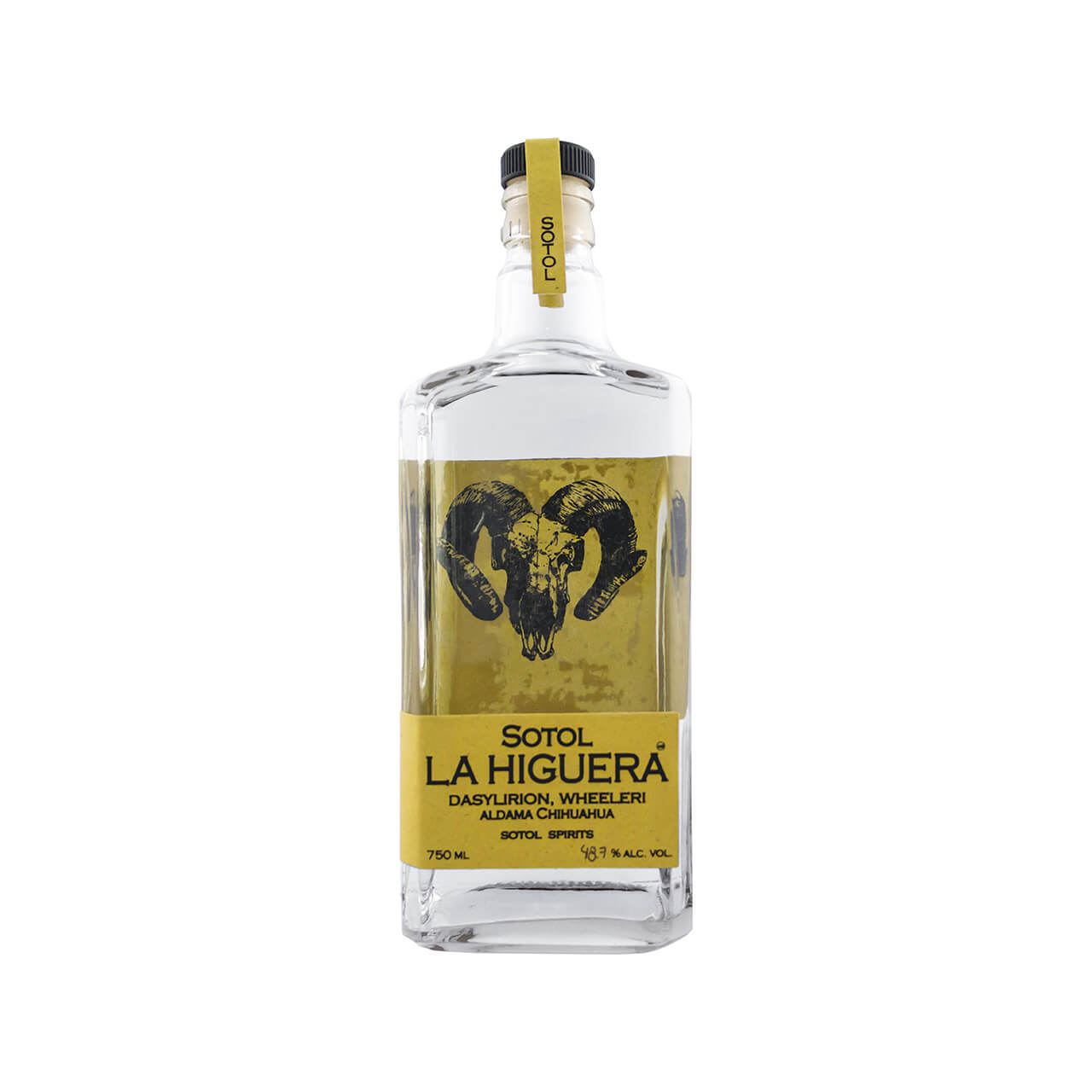
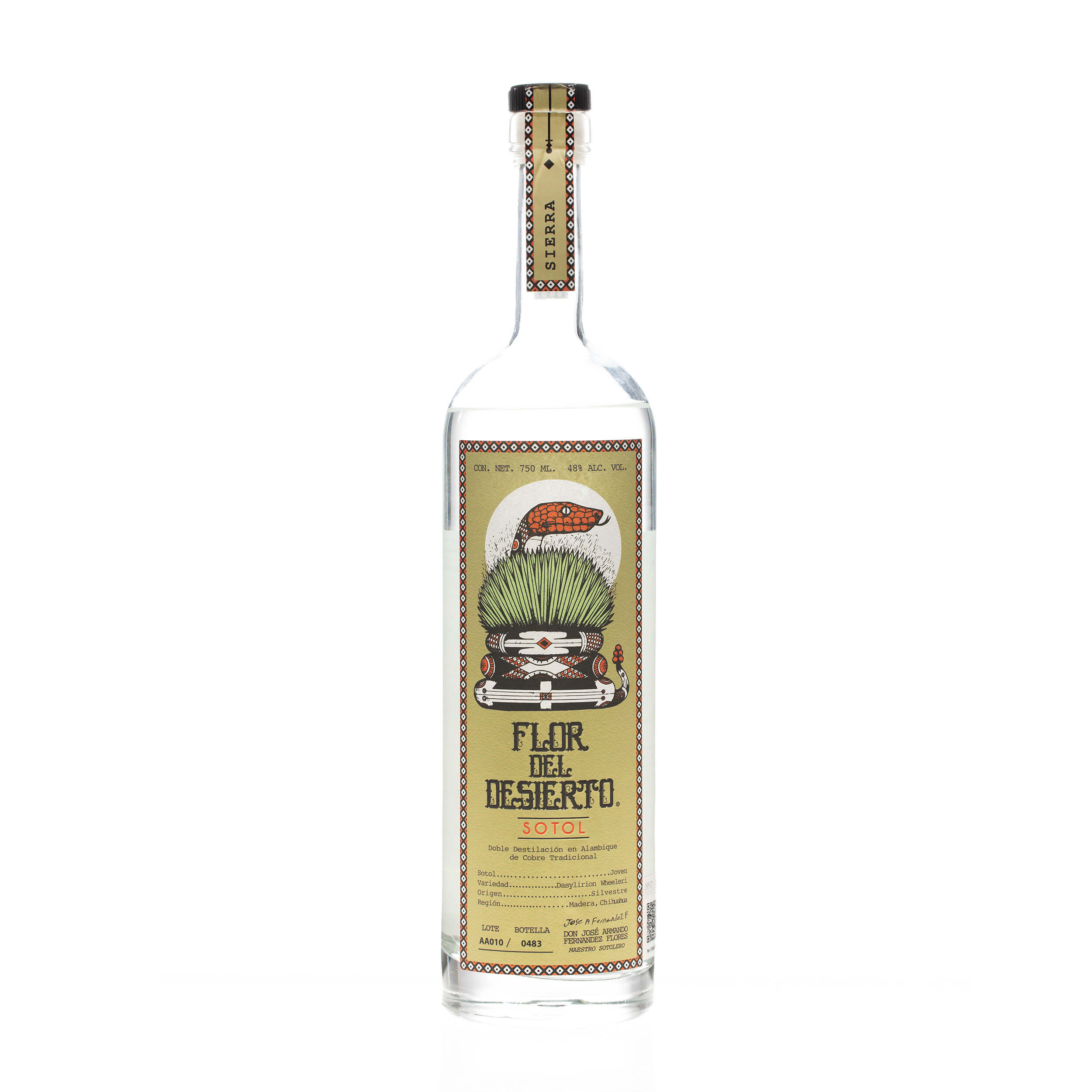
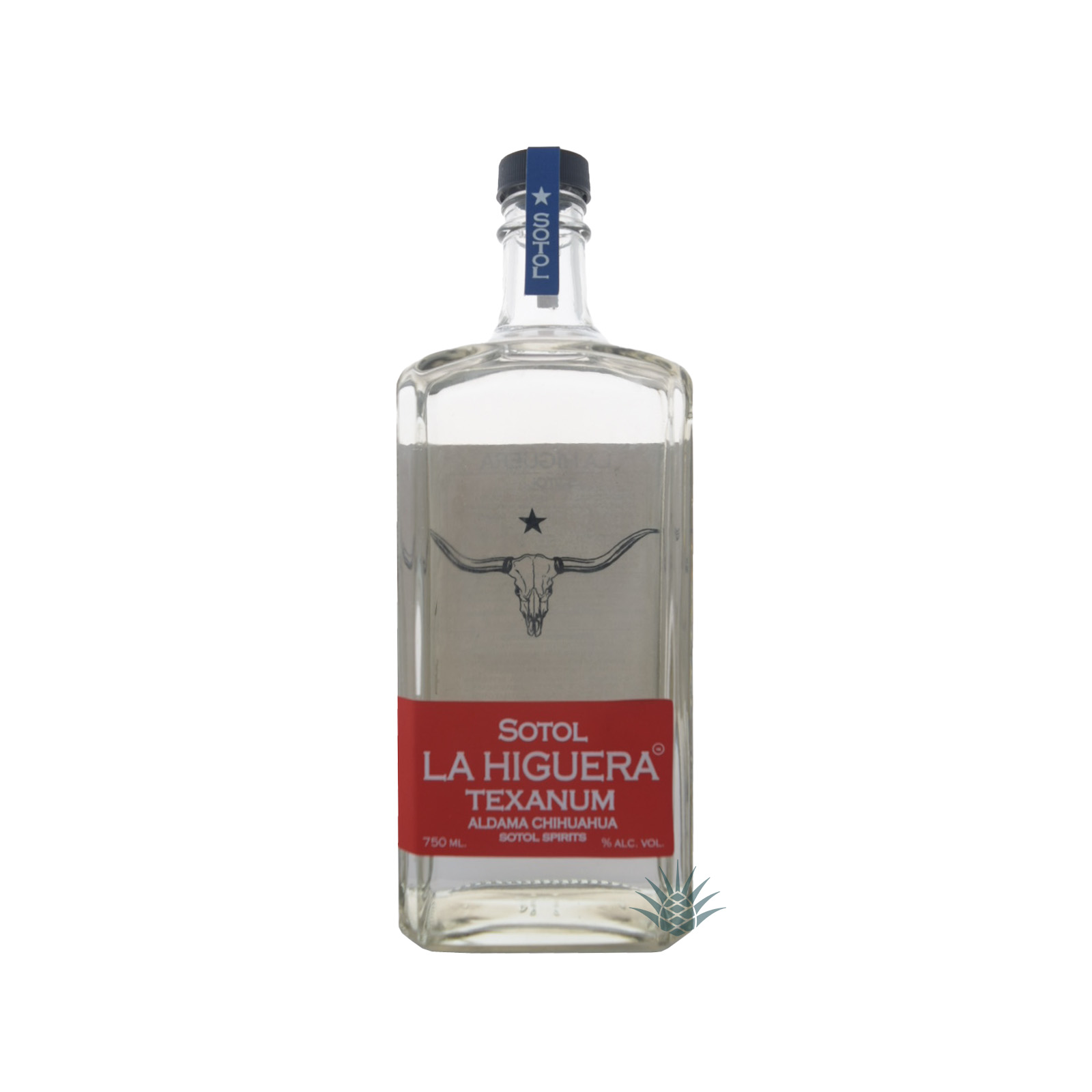
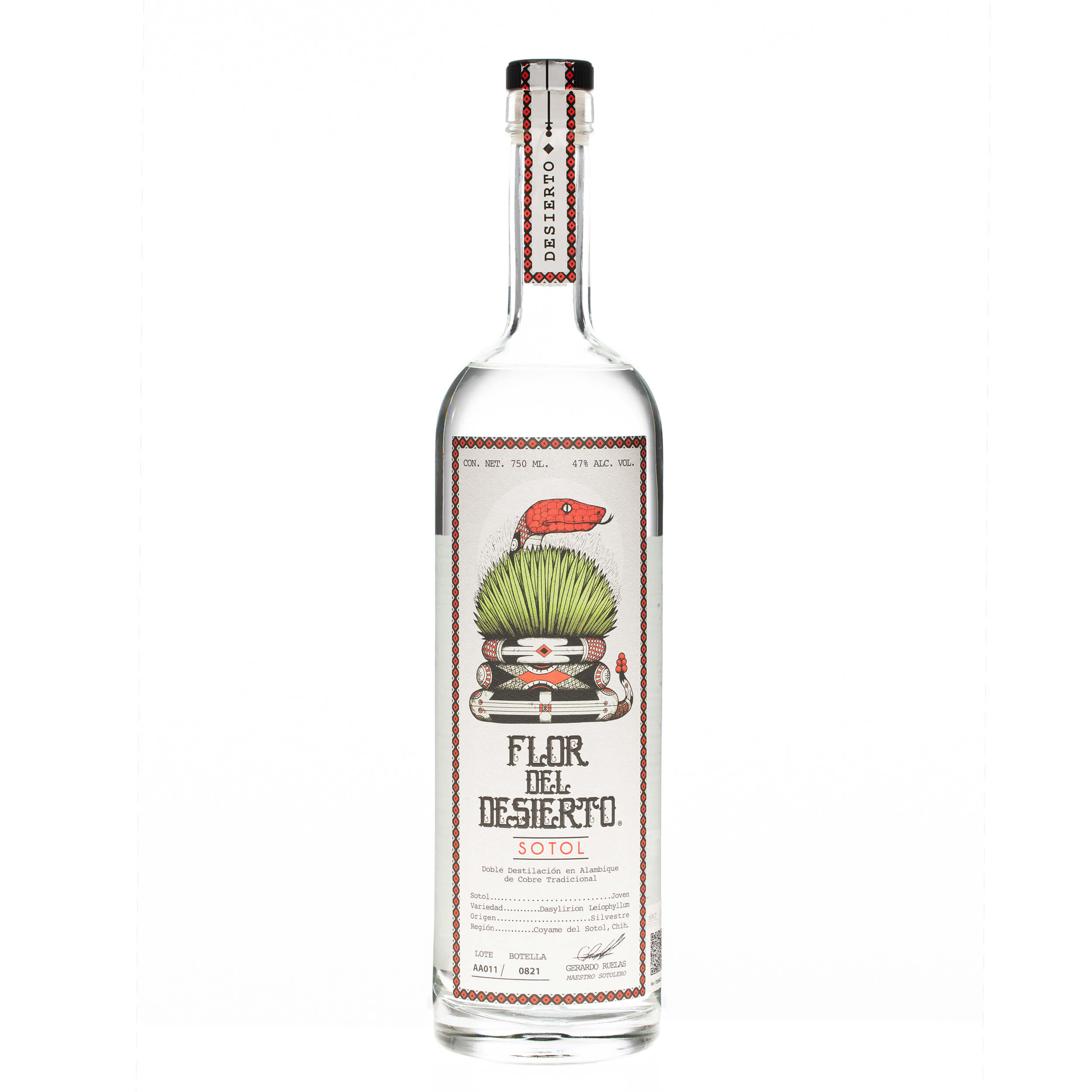
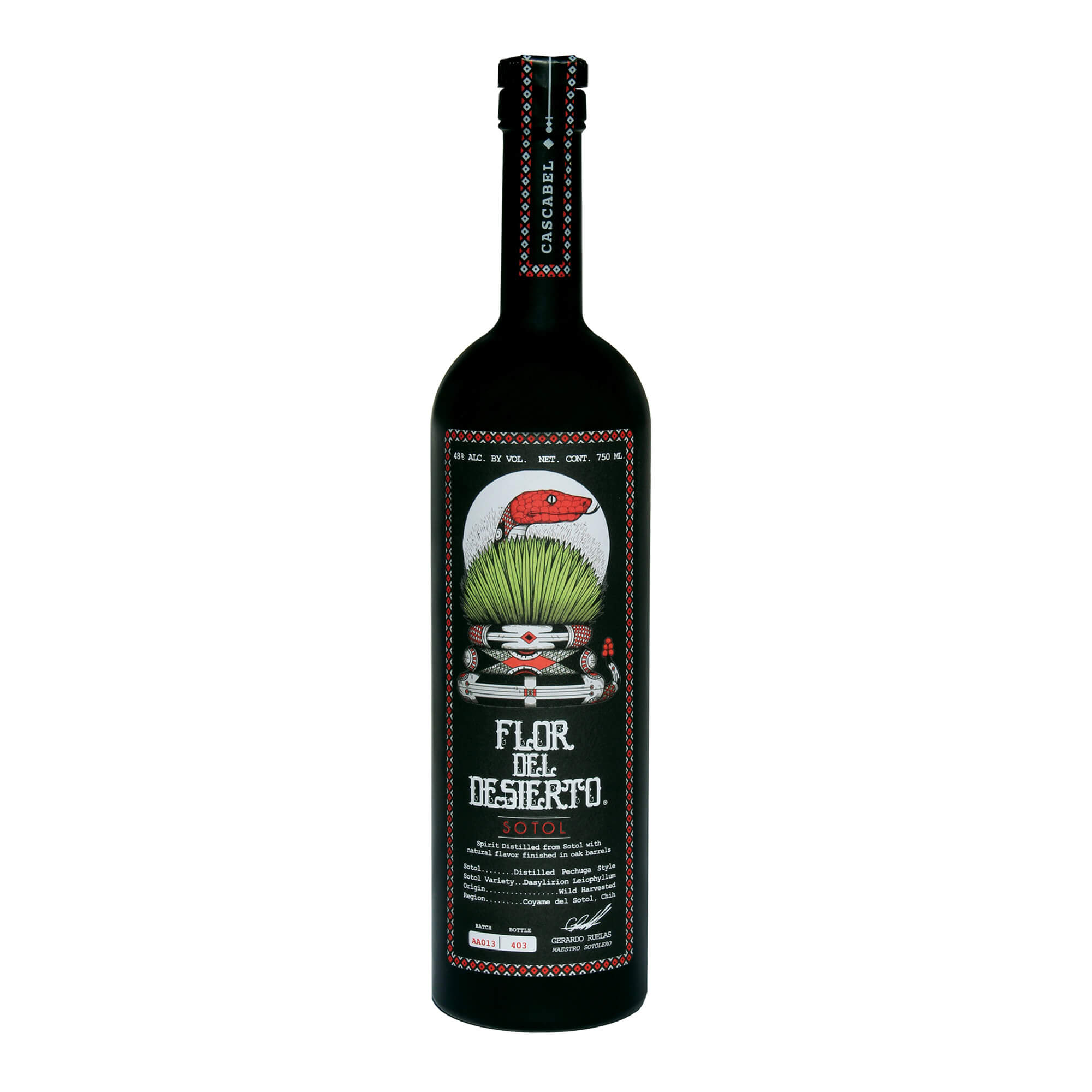
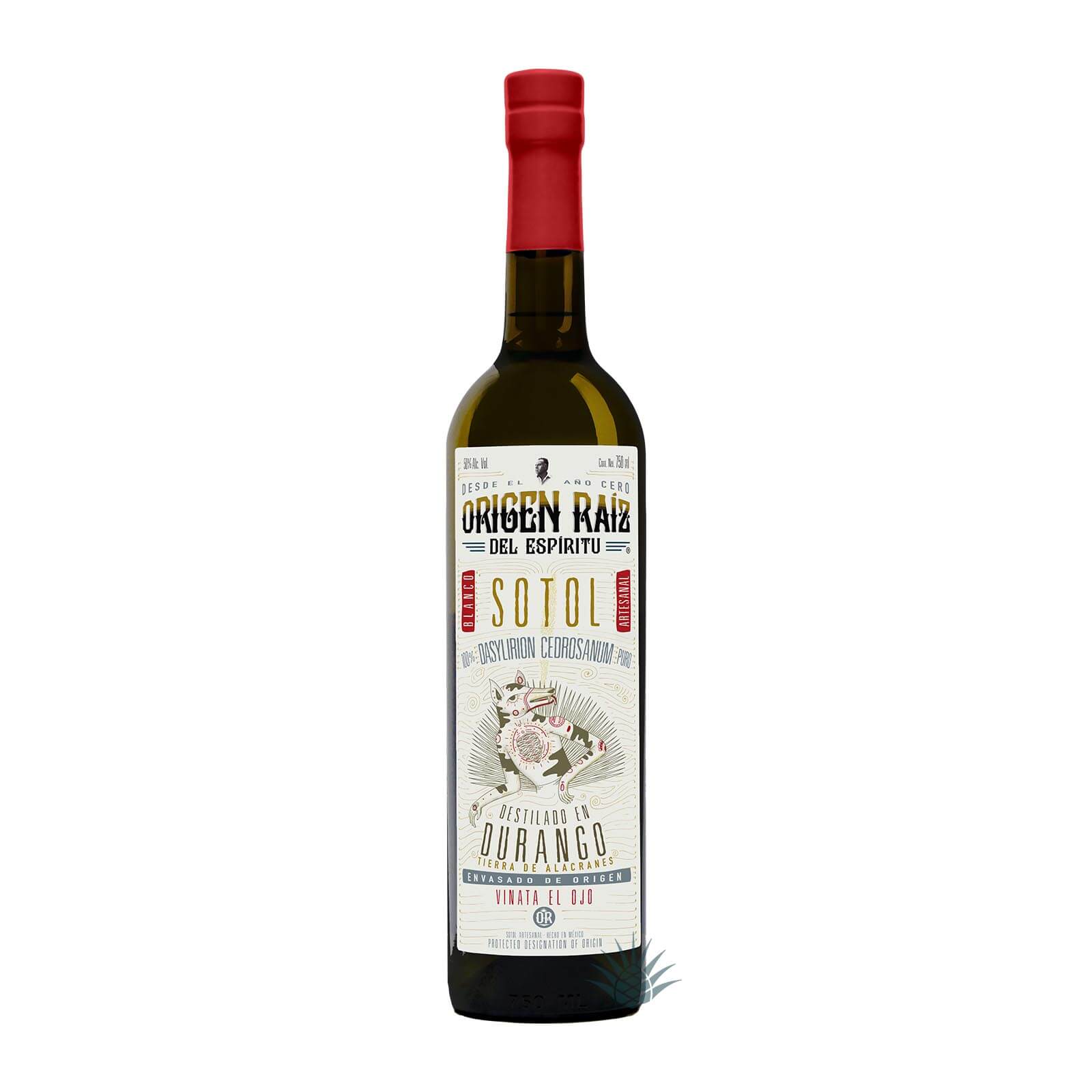
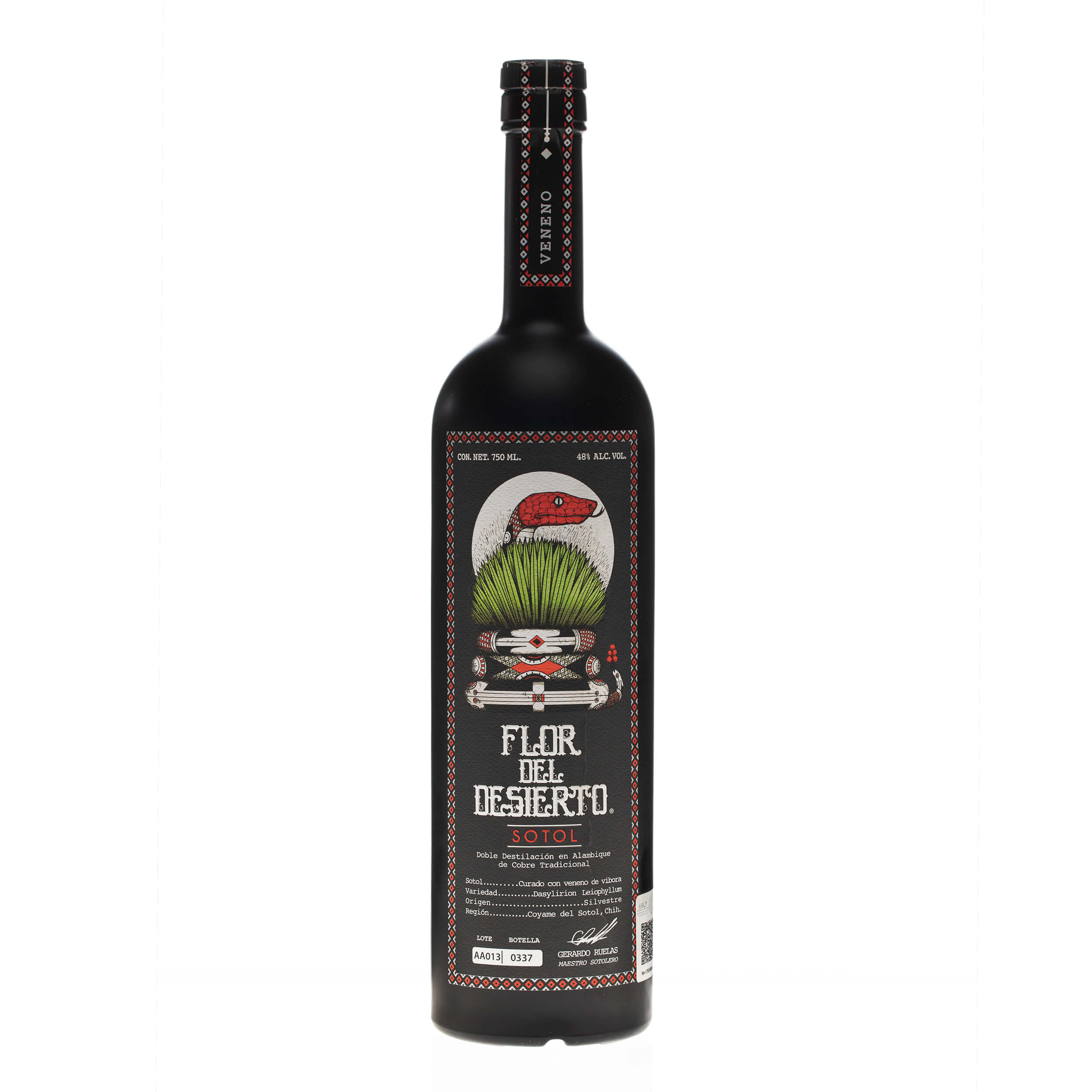
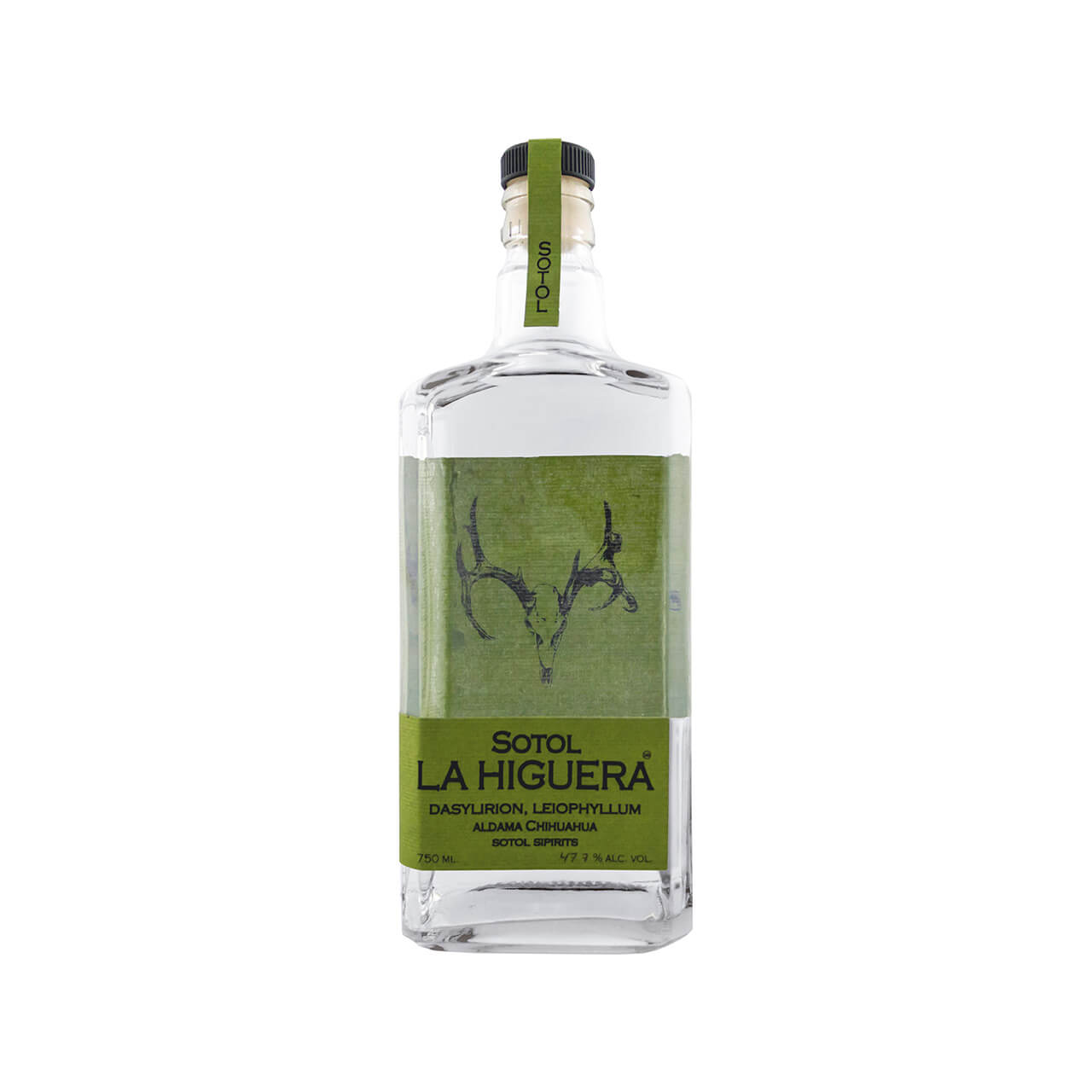
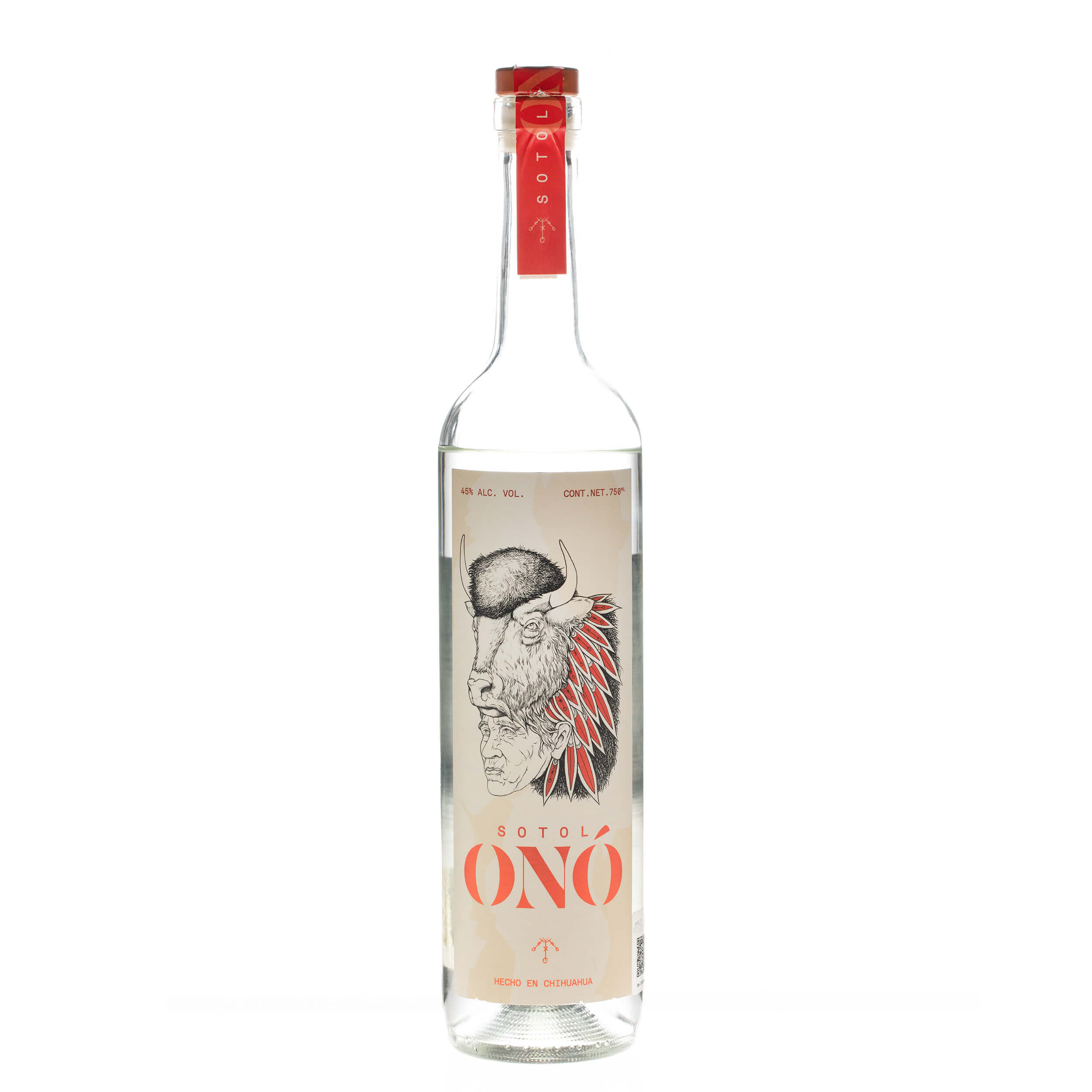
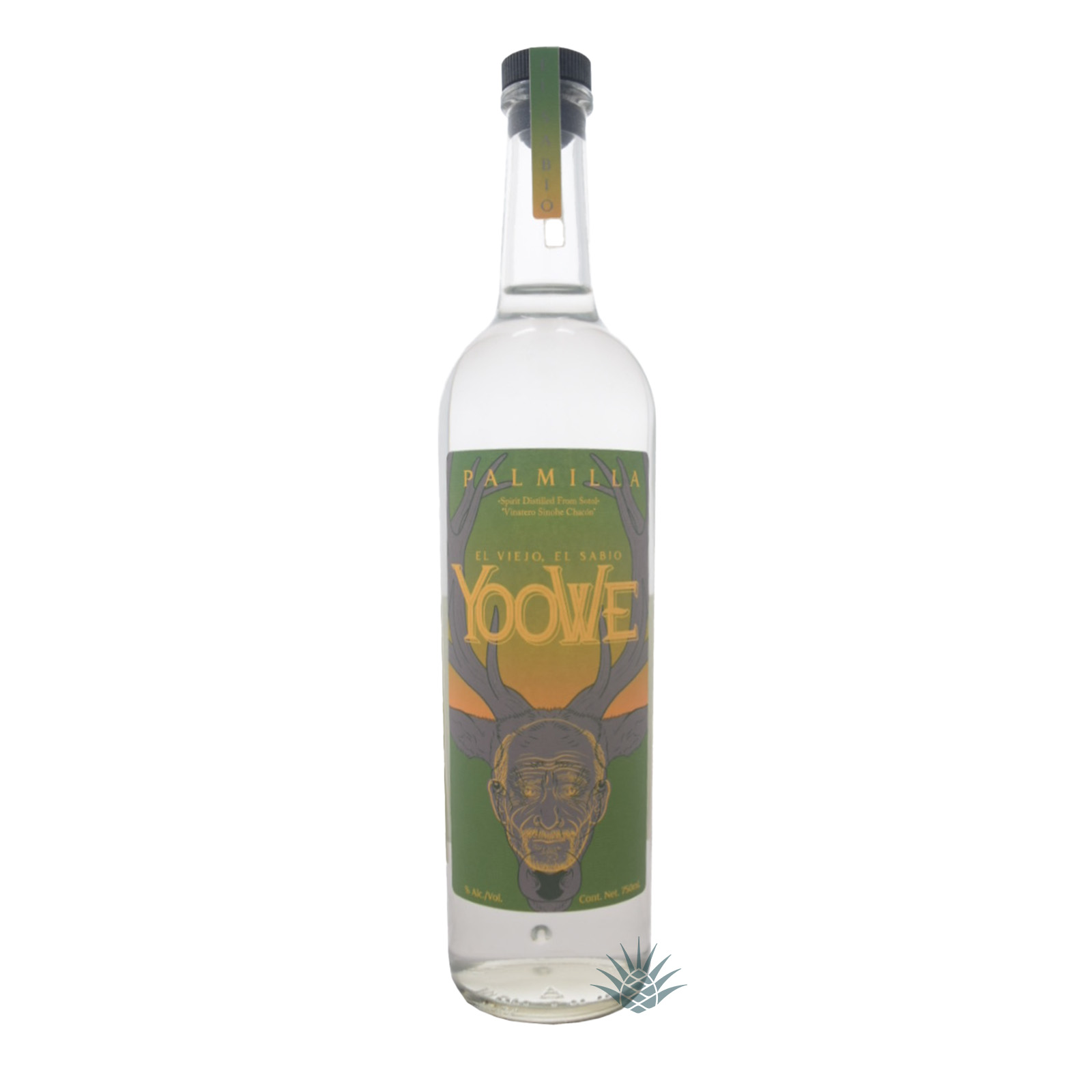



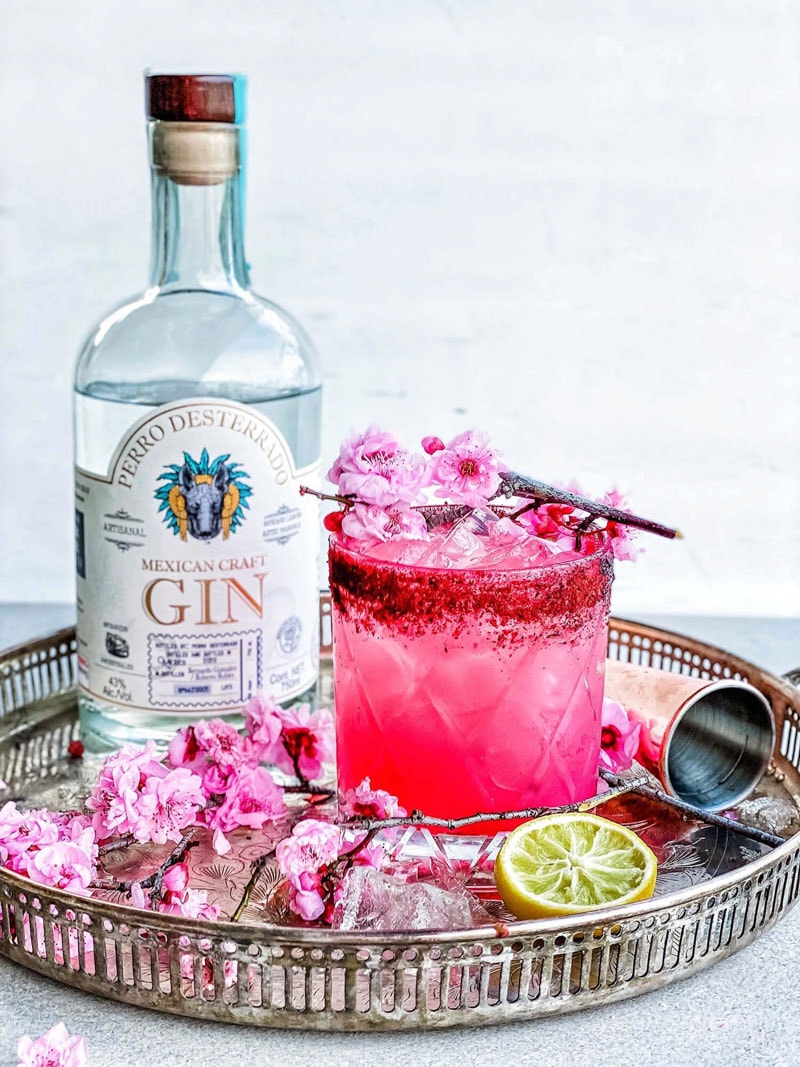

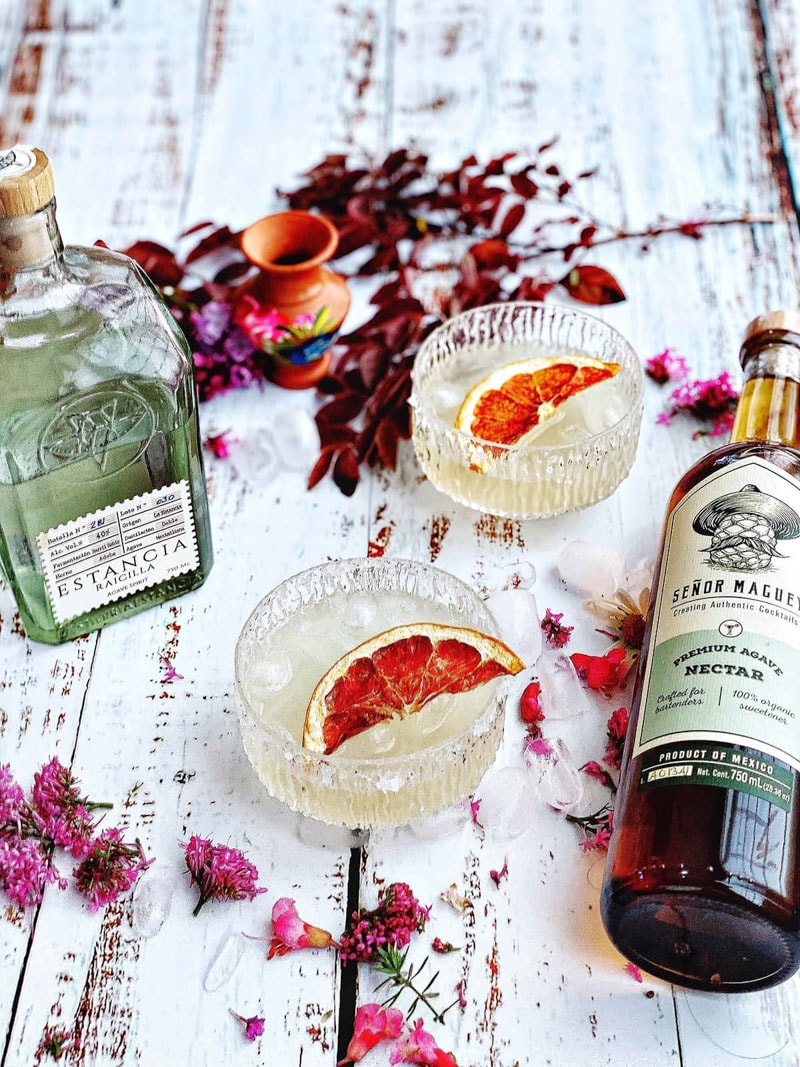


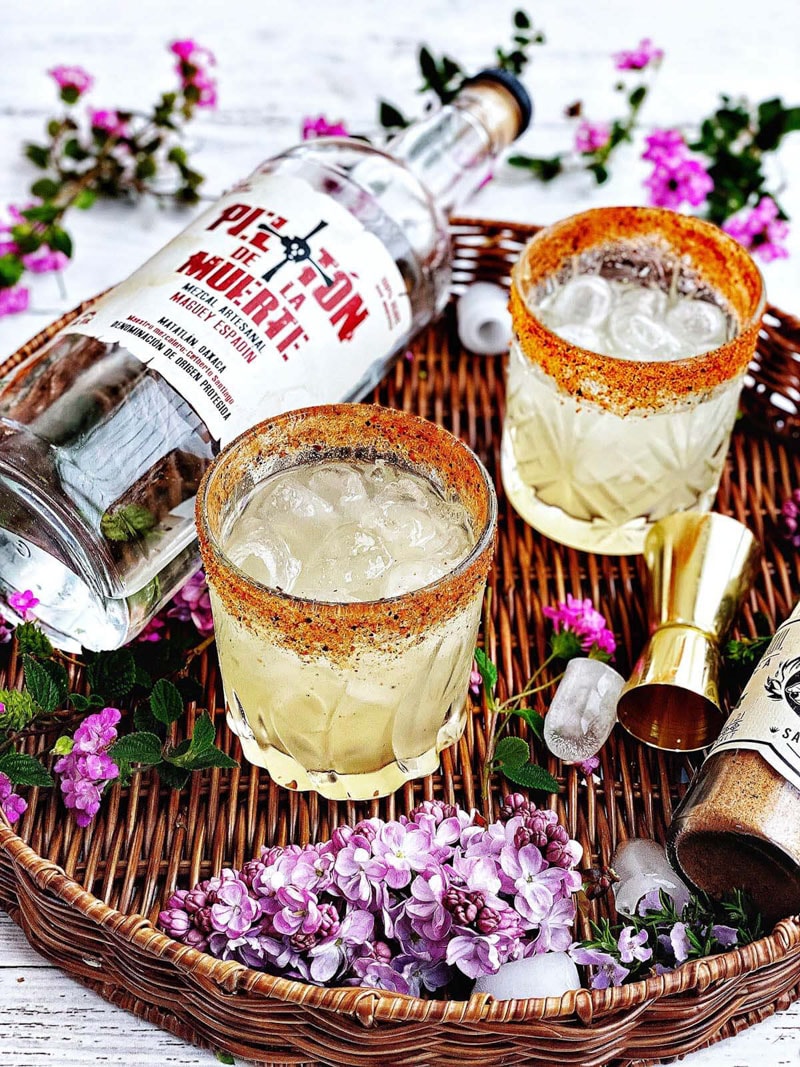


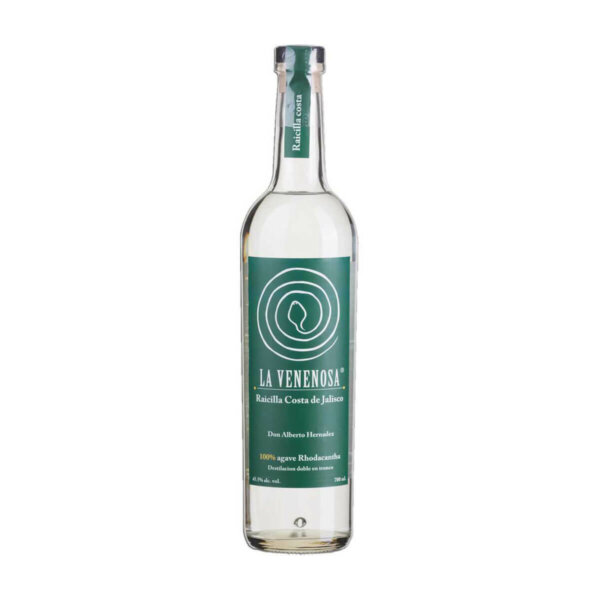

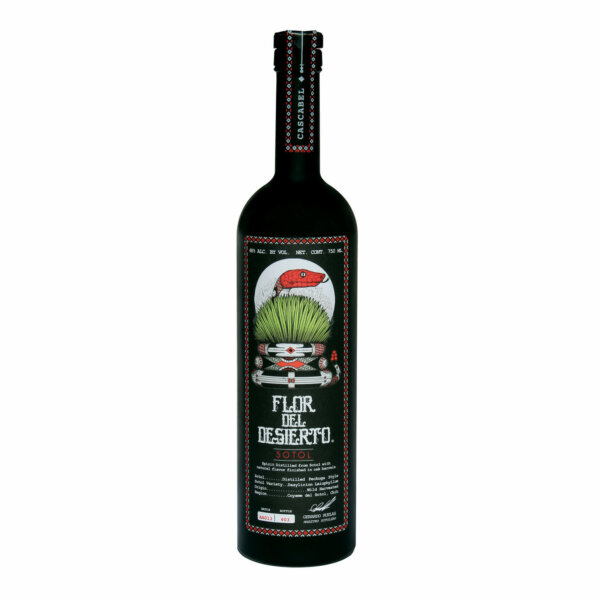
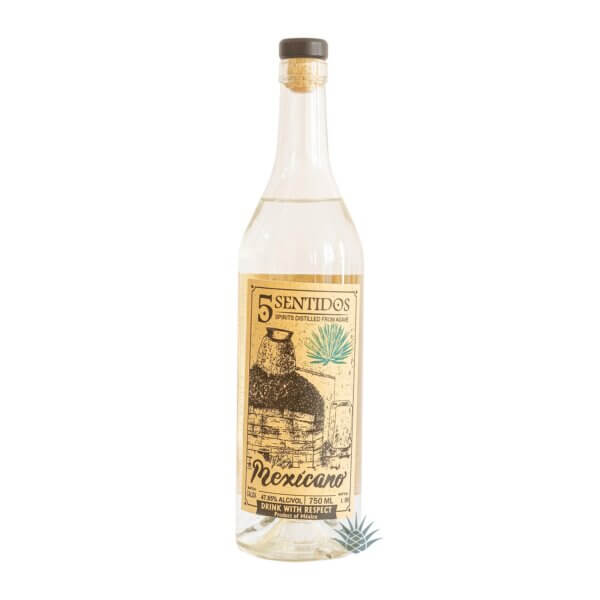
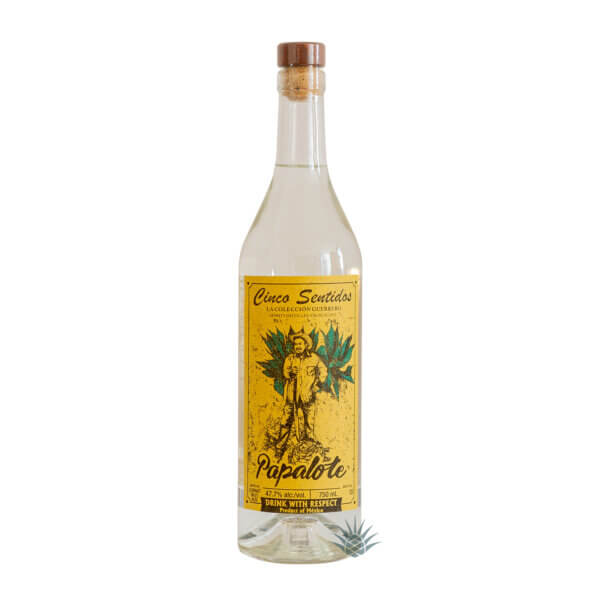
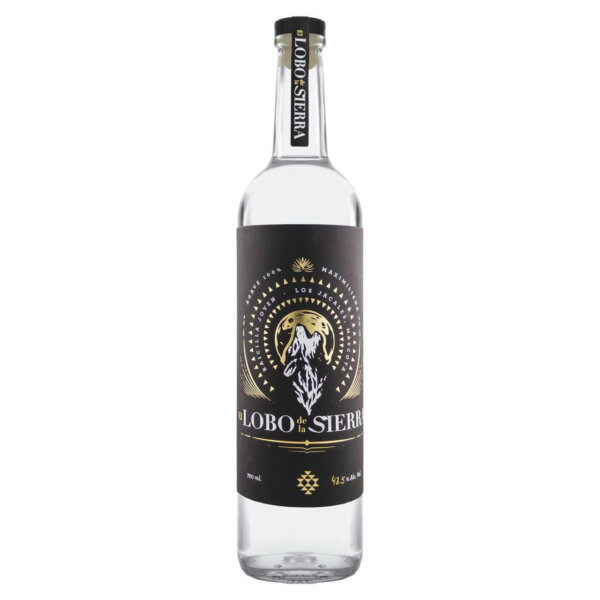
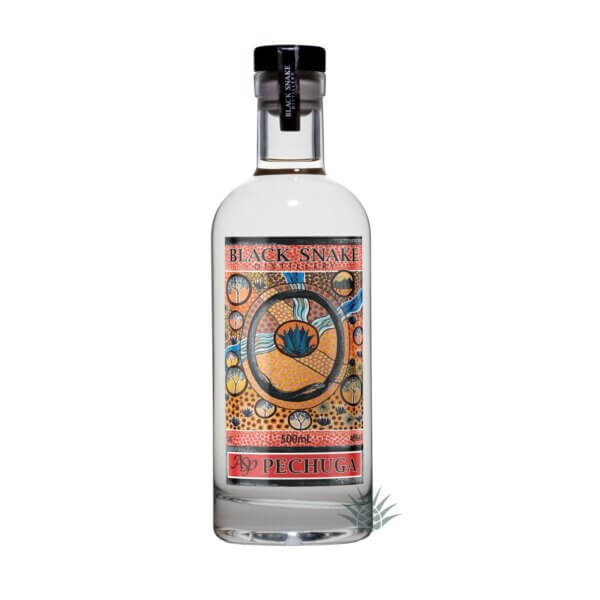
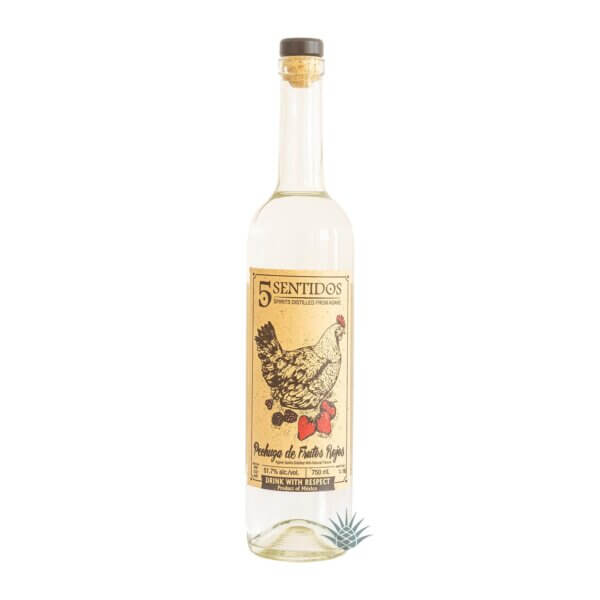
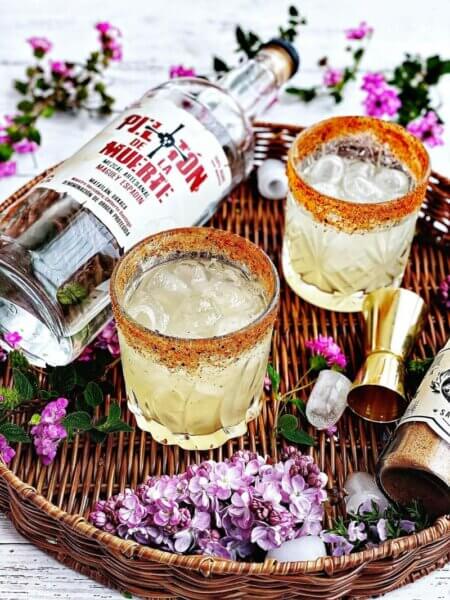



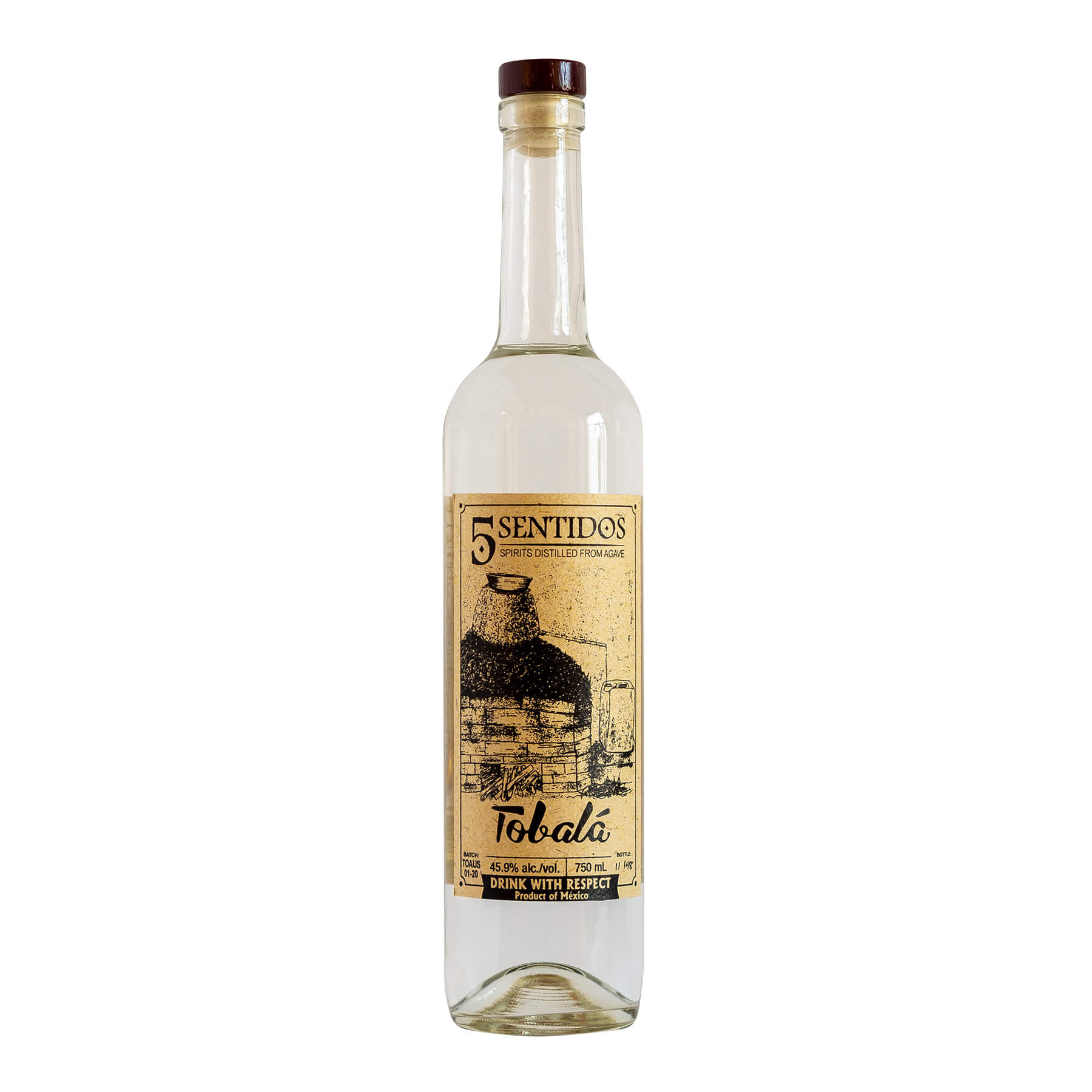
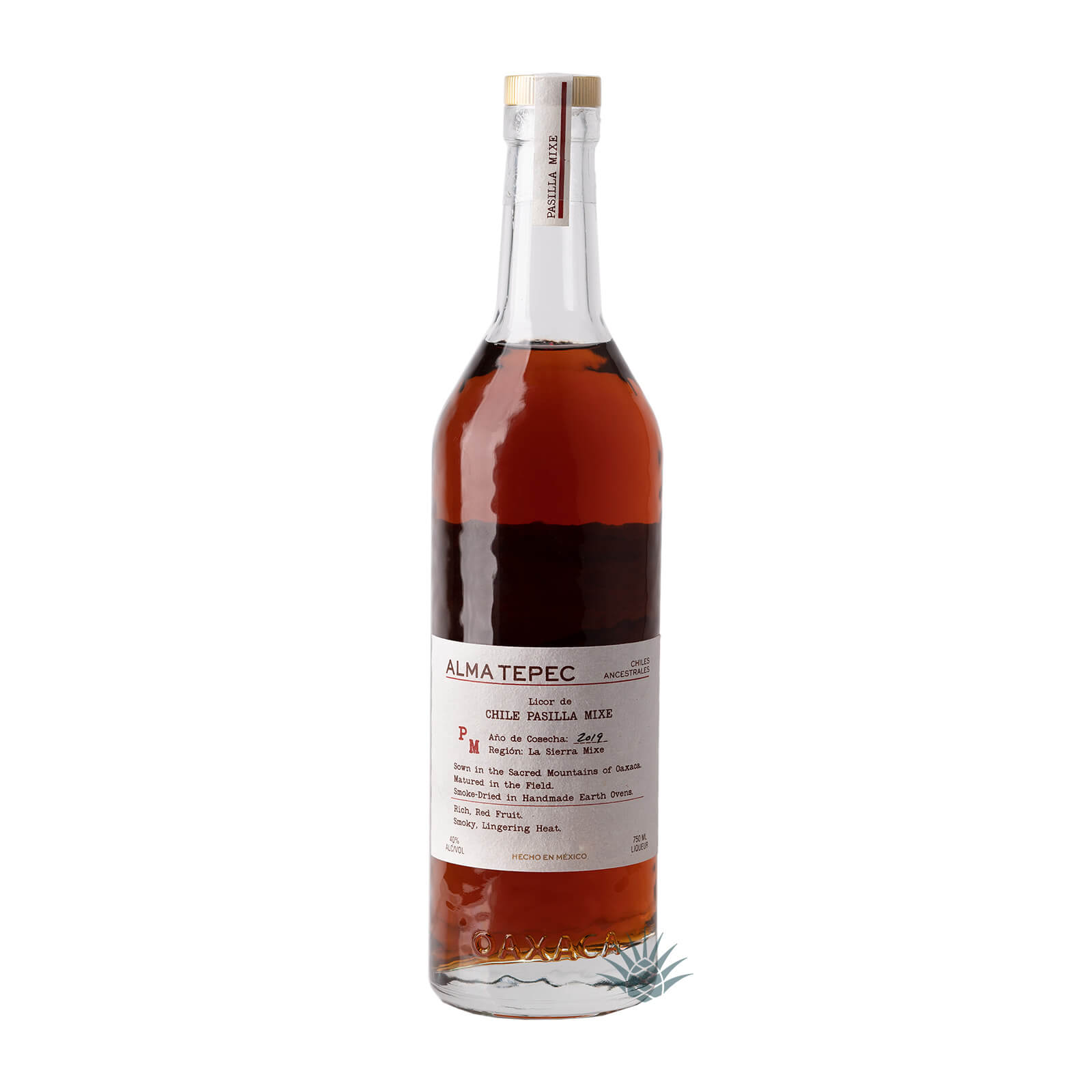
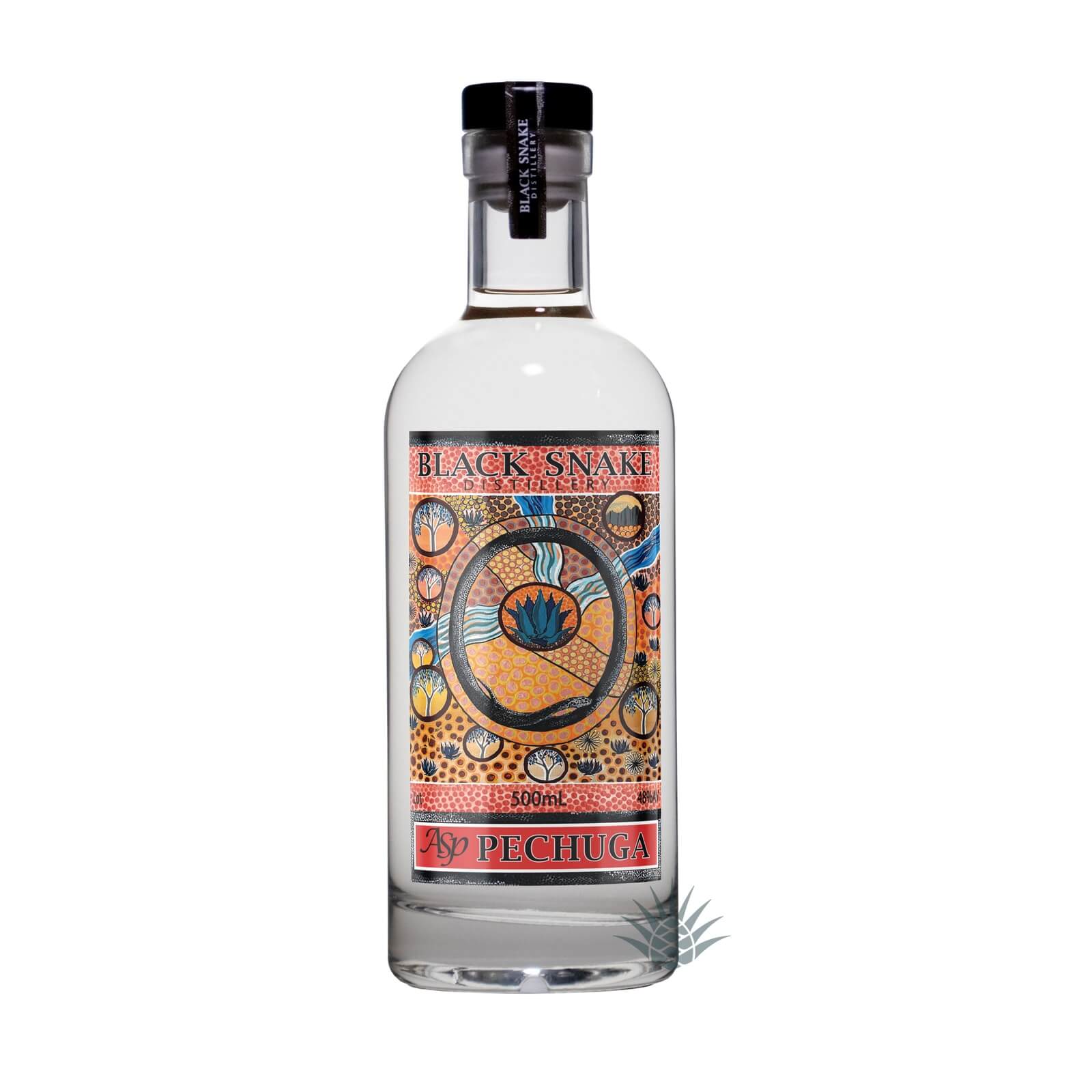
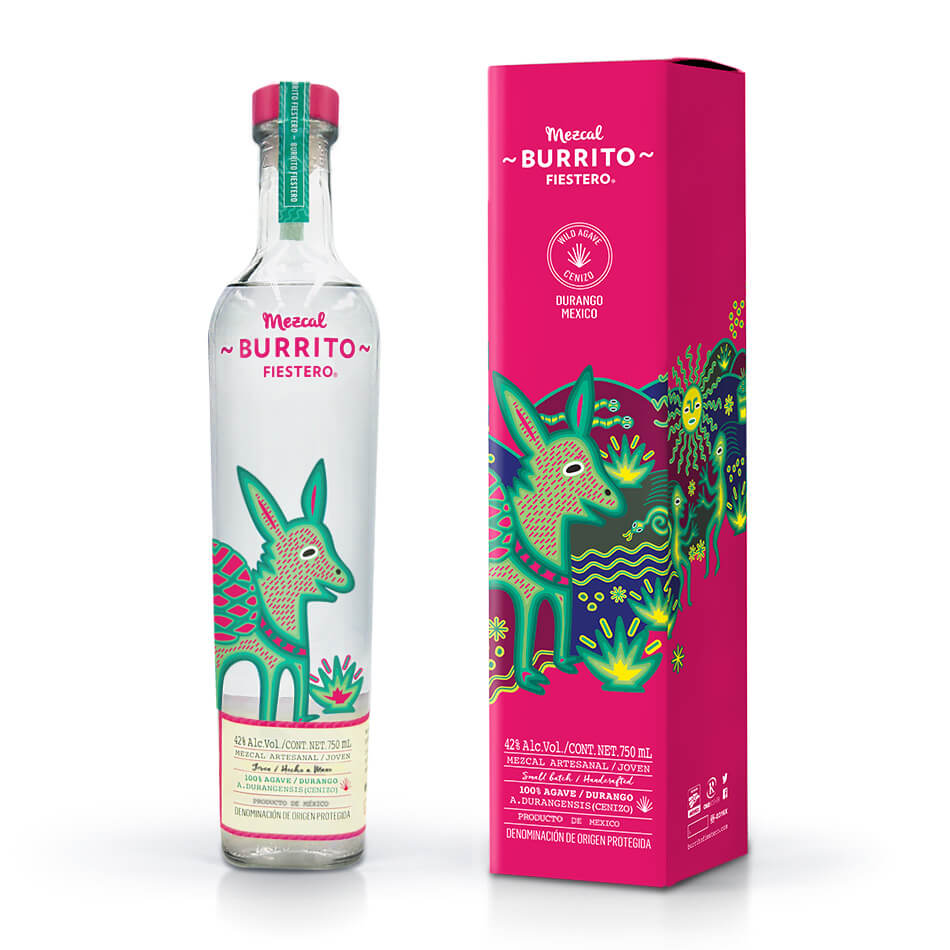
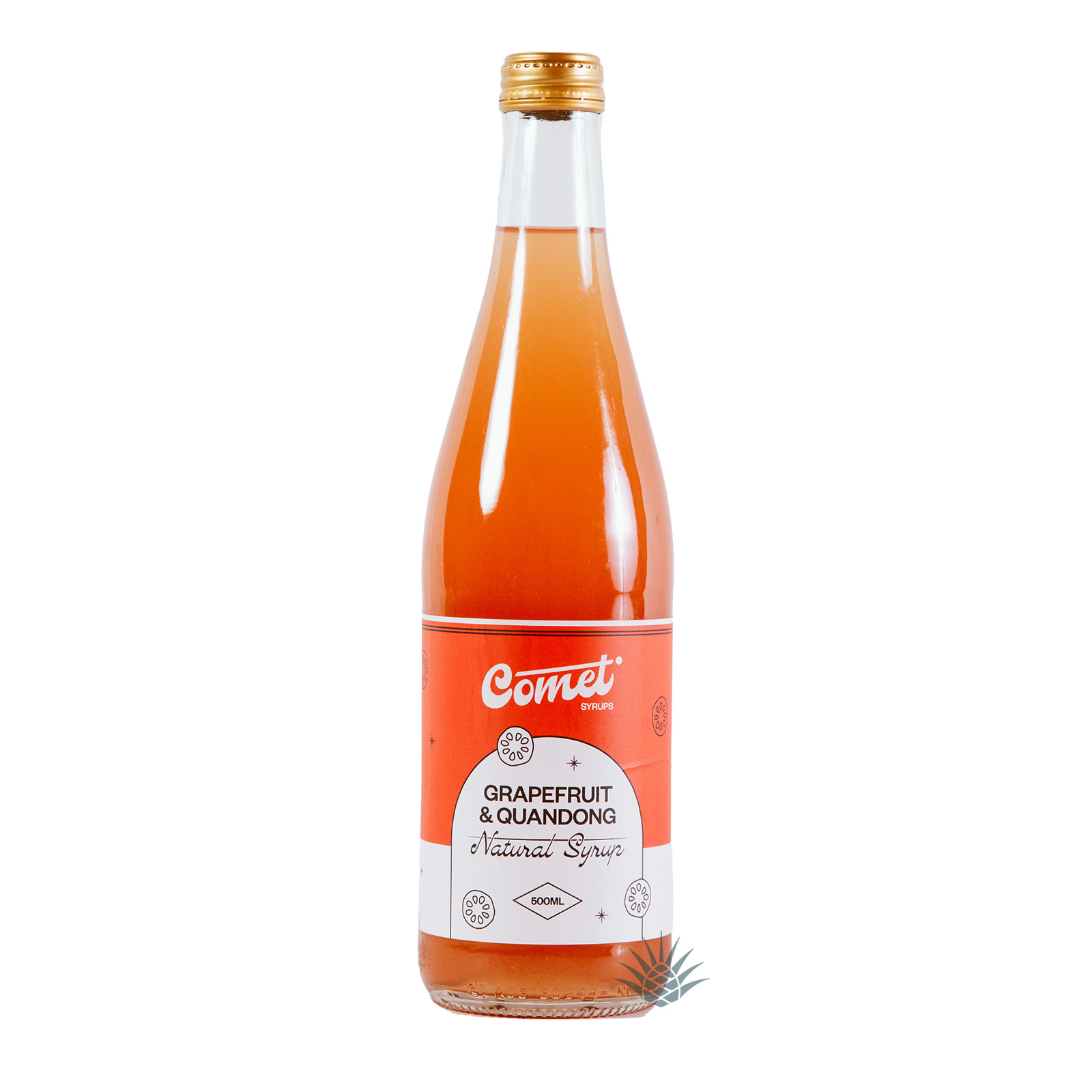
![<span data-sheets-value="{"1":2,"2":"Dixeebe is a long-awaited project from the Cortes and Hernandez families, 5th generation Mezcaleros from Santiago Matatlan, Oaxaca. This project aims to protect and cultivate the culture of Mezcal that has existed for centuries in the Oaxacan Sierras. Love, gratitude and respect are pillars of the project. Each product produced by Dixeebe is made to honour tradition, and ensure that these Mezcales will be protected for future generations to enjoy. Agaves are only selected at the height of maturity, and the only decisions around production are driven by quality, not any commercial considerations, demand or volume. They only seek to produce the best quality Mezcal they can, regardless of market influence."}" data-sheets-userformat="{"2":14783,"3":{"1":0,"3":1},"4":{"1":2,"2":14281427},"5":{"1":[{"1":2,"2":0,"5":{"1":2,"2":0}},{"1":0,"2":0,"3":3},{"1":1,"2":0,"4":1}]},"6":{"1":[{"1":2,"2":0,"5":{"1":2,"2":0}},{"1":0,"2":0,"3":3},{"1":1,"2":0,"4":1}]},"7":{"1":[{"1":2,"2":0,"5":{"1":2,"2":0}},{"1":0,"2":0,"3":3},{"1":1,"2":0,"4":1}]},"8":{"1":[{"1":2,"2":0,"5":{"1":2,"2":0}},{"1":0,"2":0,"3":3},{"1":1,"2":0,"4":1}]},"10":1,"11":4,"14":{"1":2,"2":0},"15":"Arial","16":8}">Dixeebe is a long-awaited project from the Cortes and Hernandez families, 5th generation Mezcaleros from Santiago Matatlan, Oaxaca. This project aims to protect and cultivate the culture of Mezcal that has existed for centuries in the Oaxacan Sierras. Love, gratitude and respect are pillars of the project. Each product produced by Dixeebe is made to honour tradition, and ensure that these Mezcales will be protected for future generations to enjoy. </span>](https://www.agavelux.com.au/wp-content/uploads/Pulquero-02.jpg)
